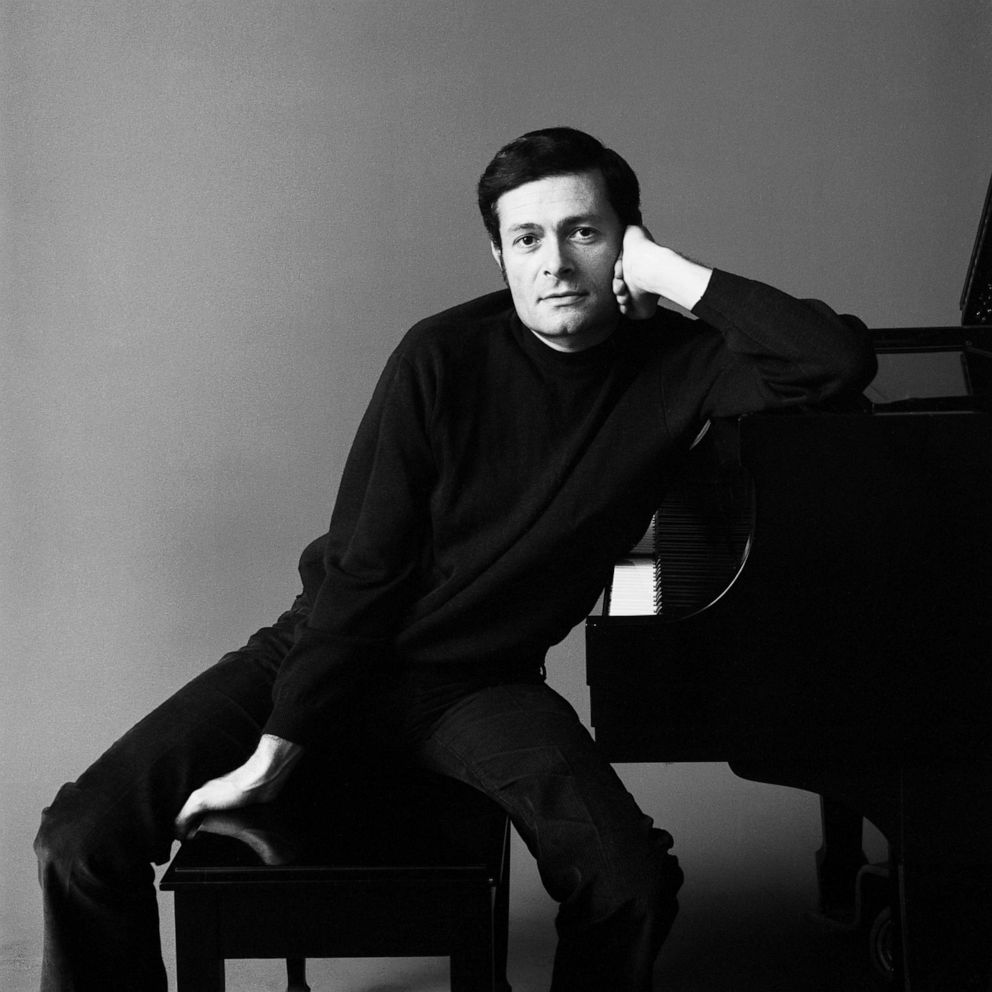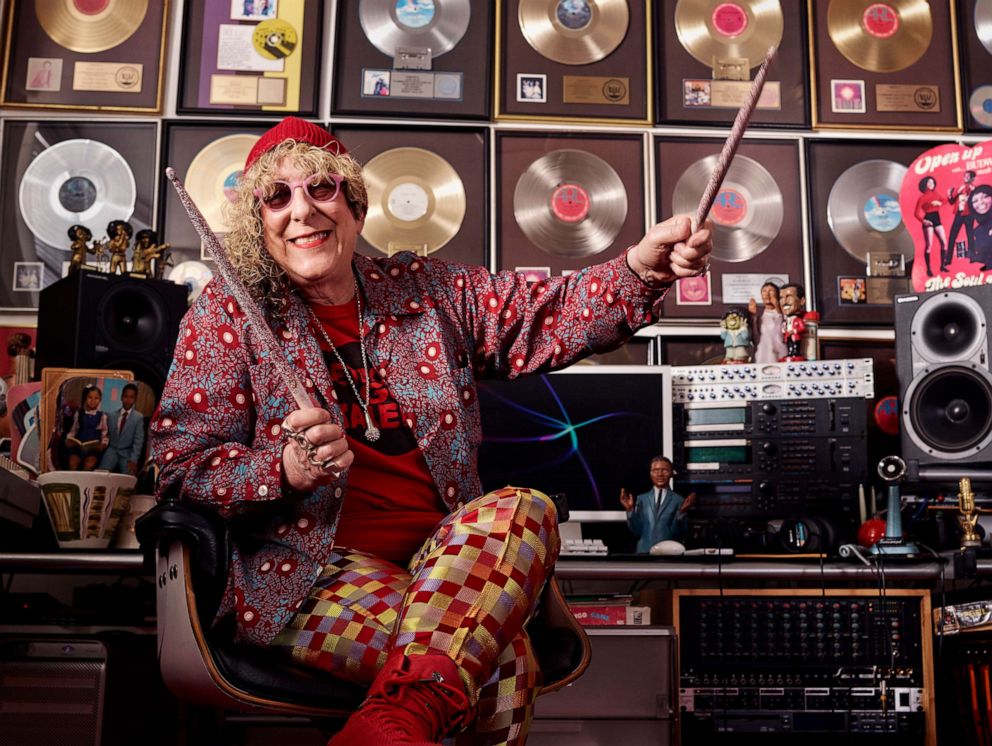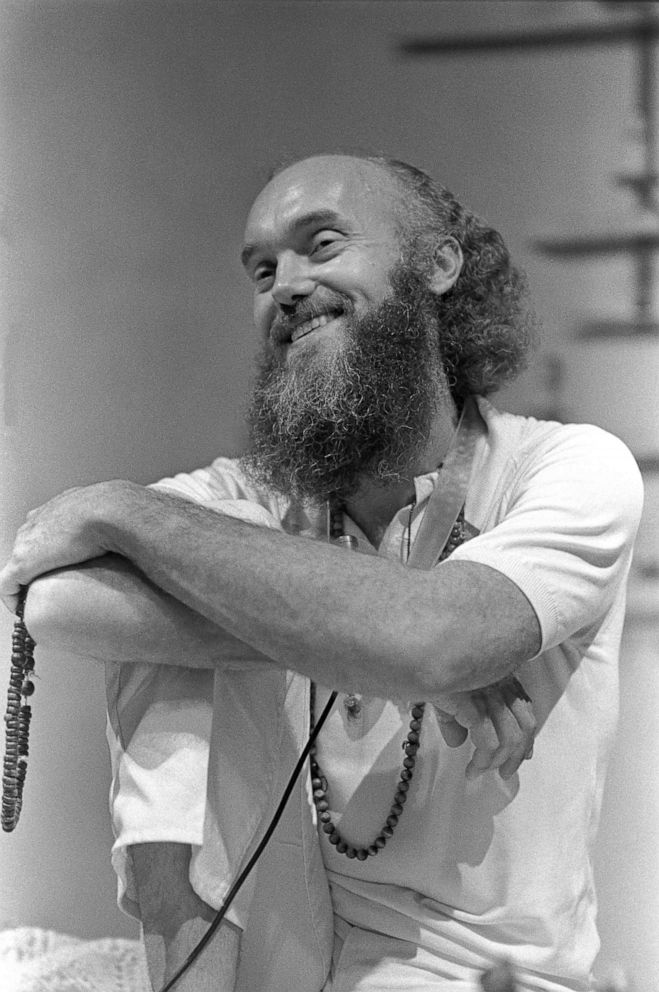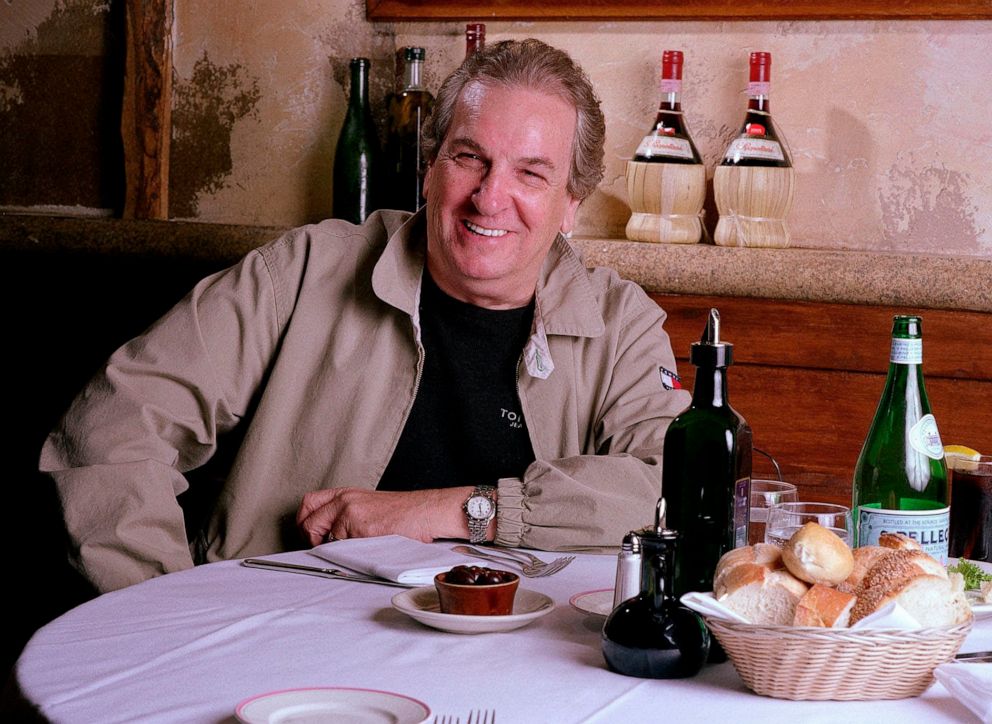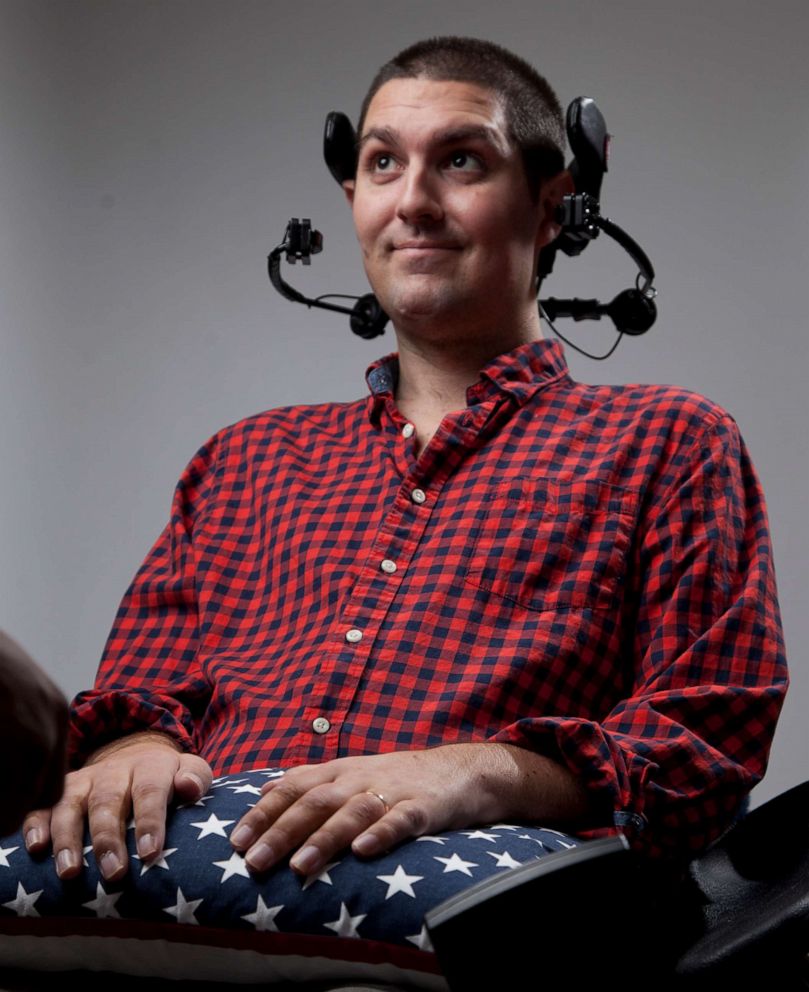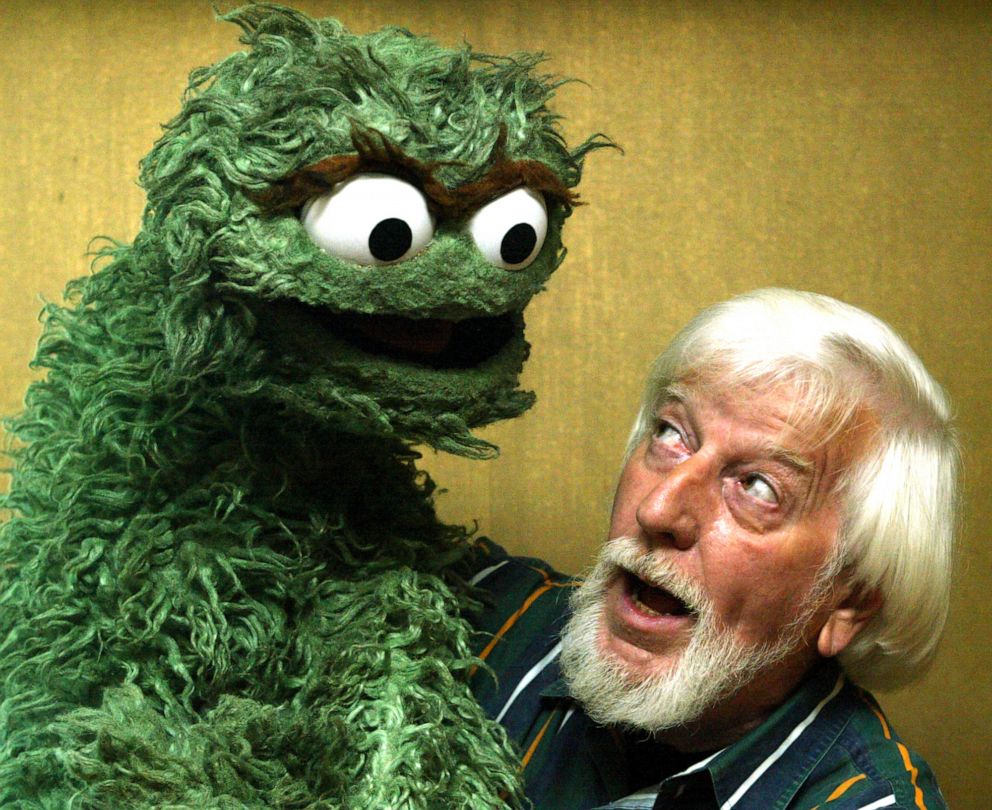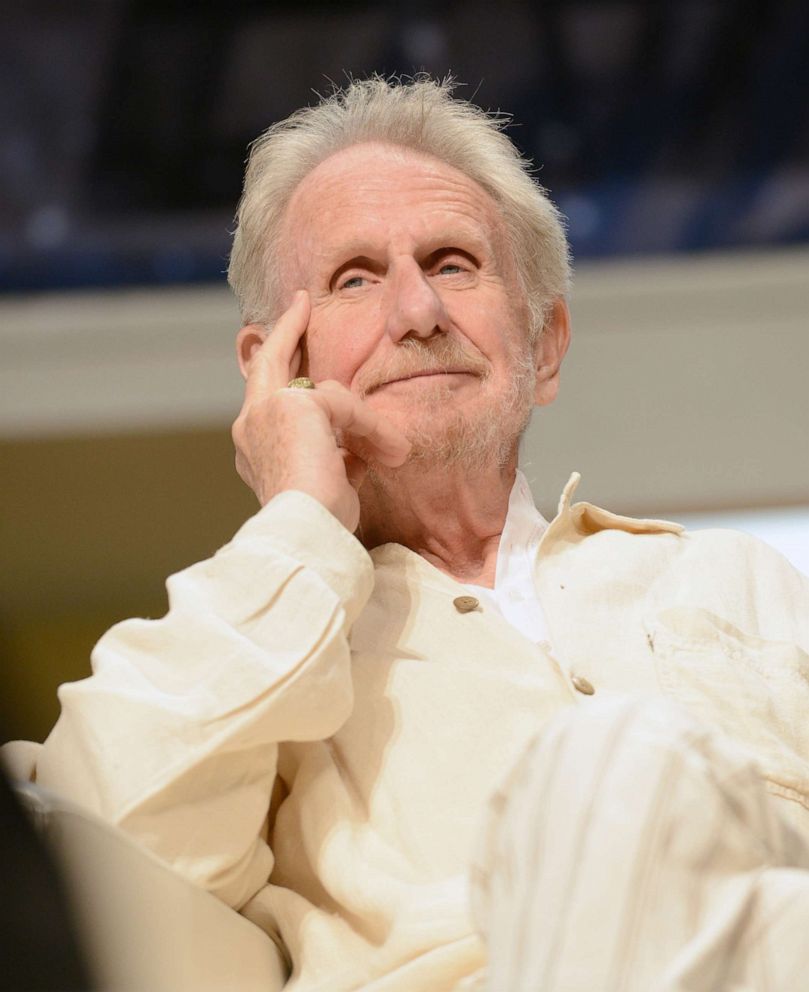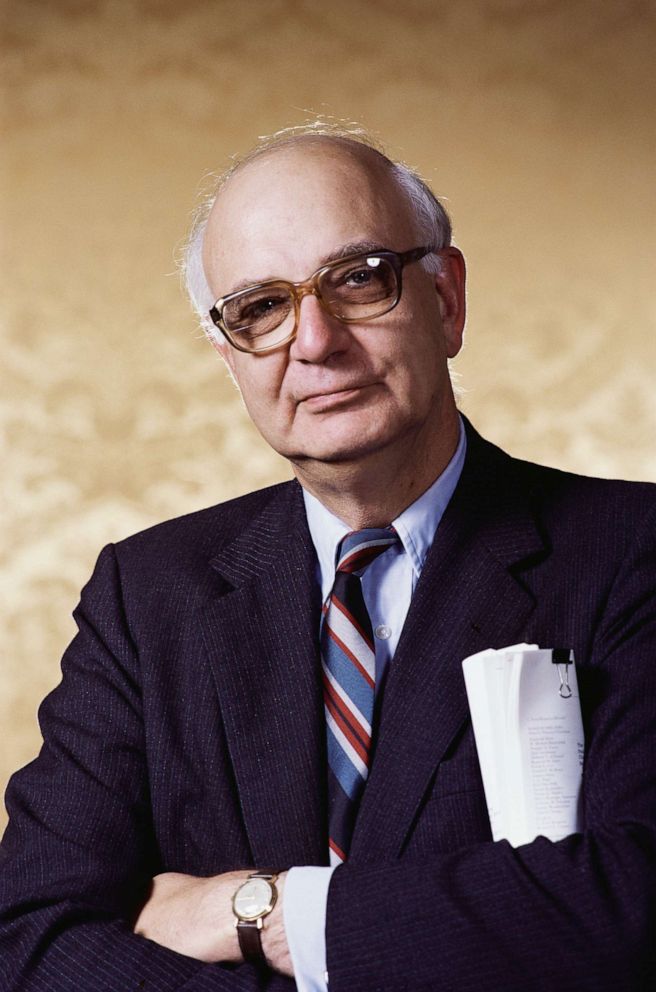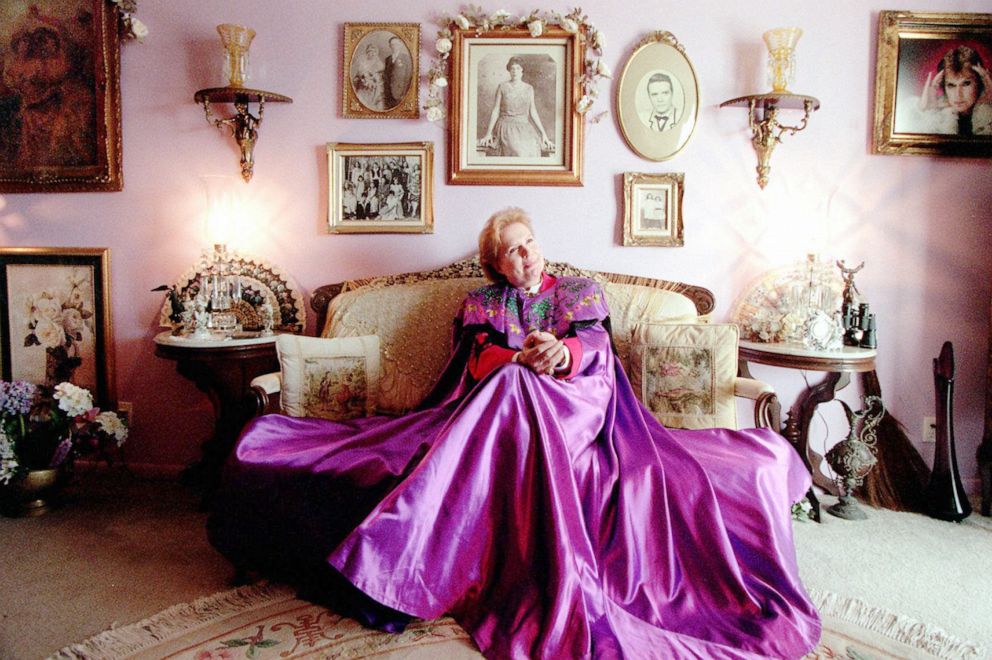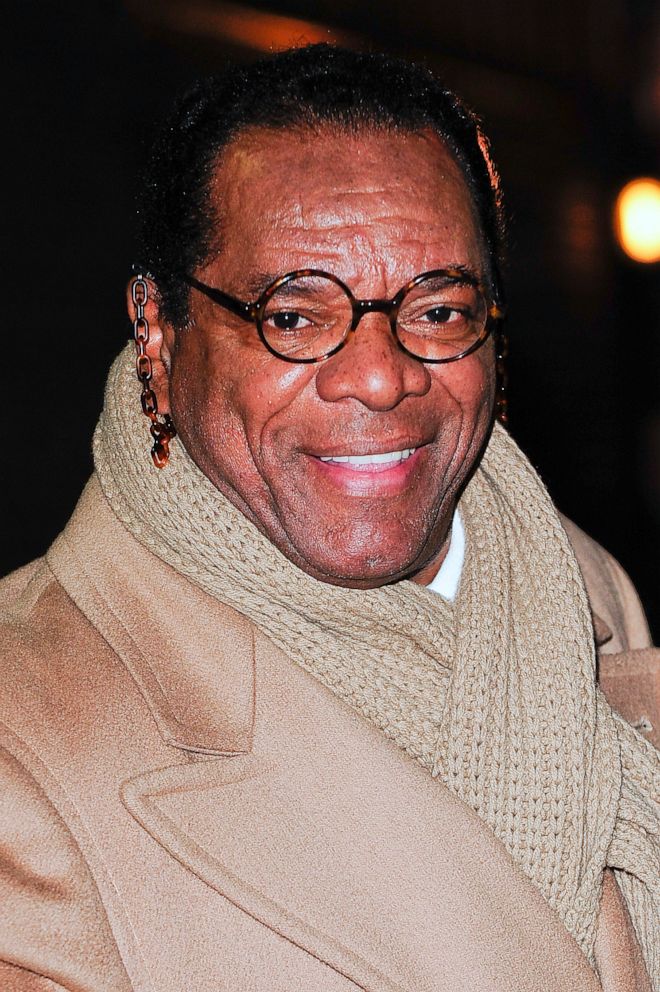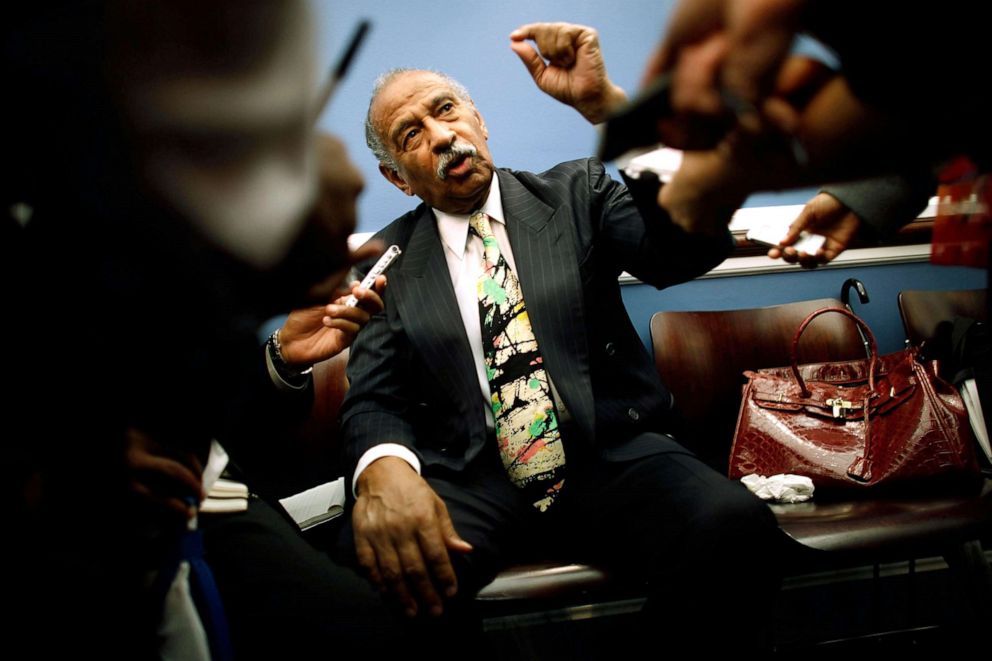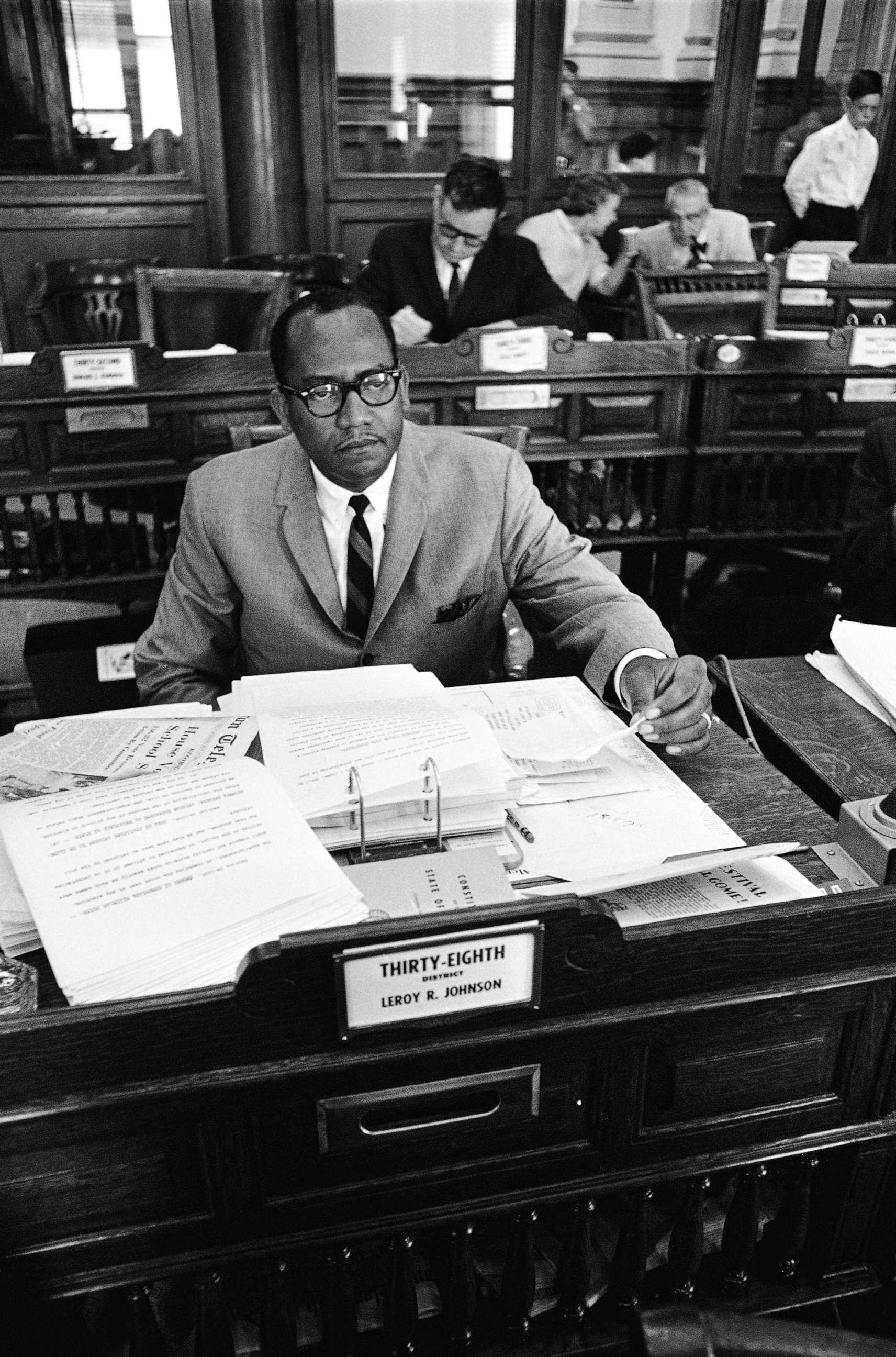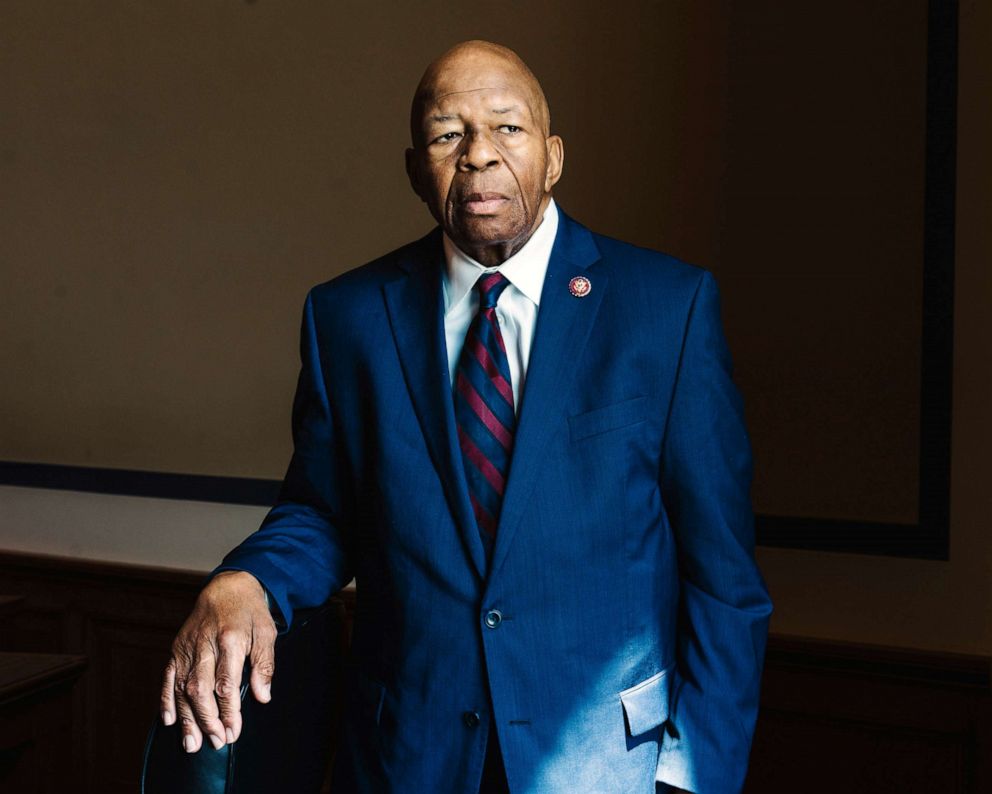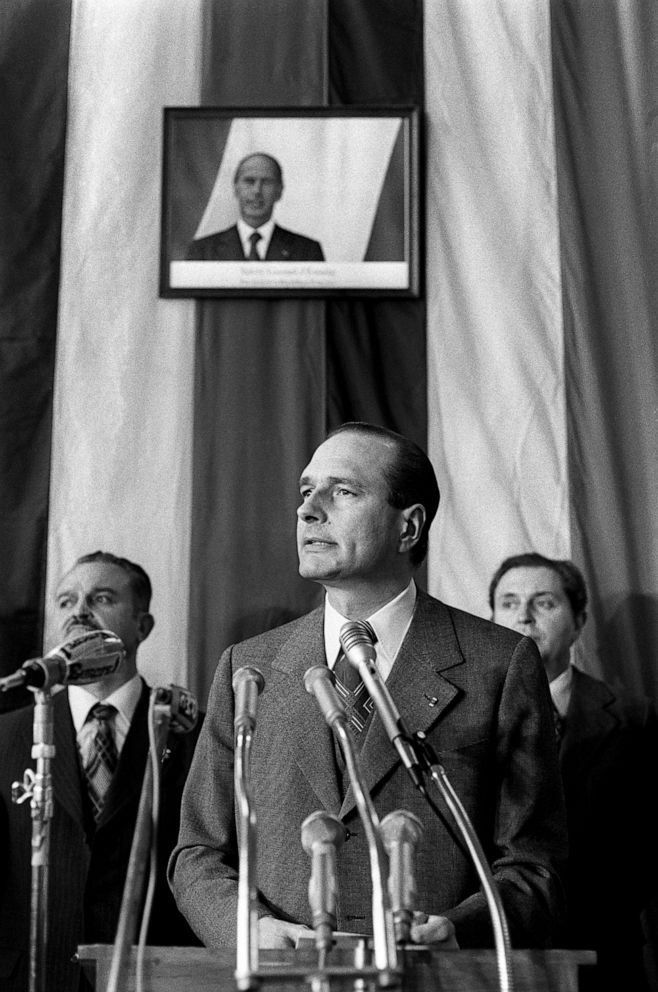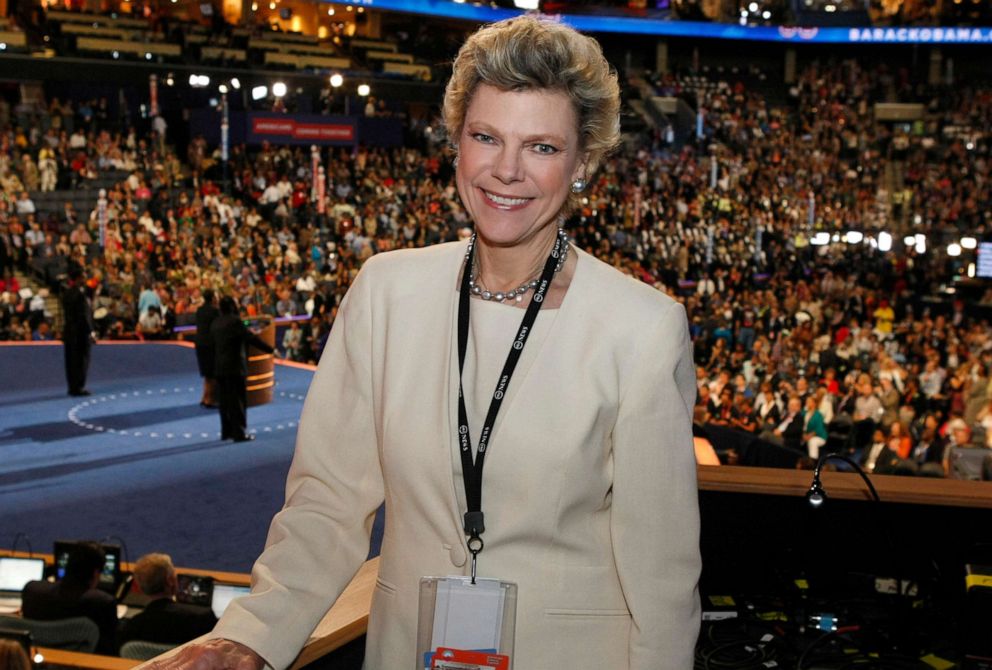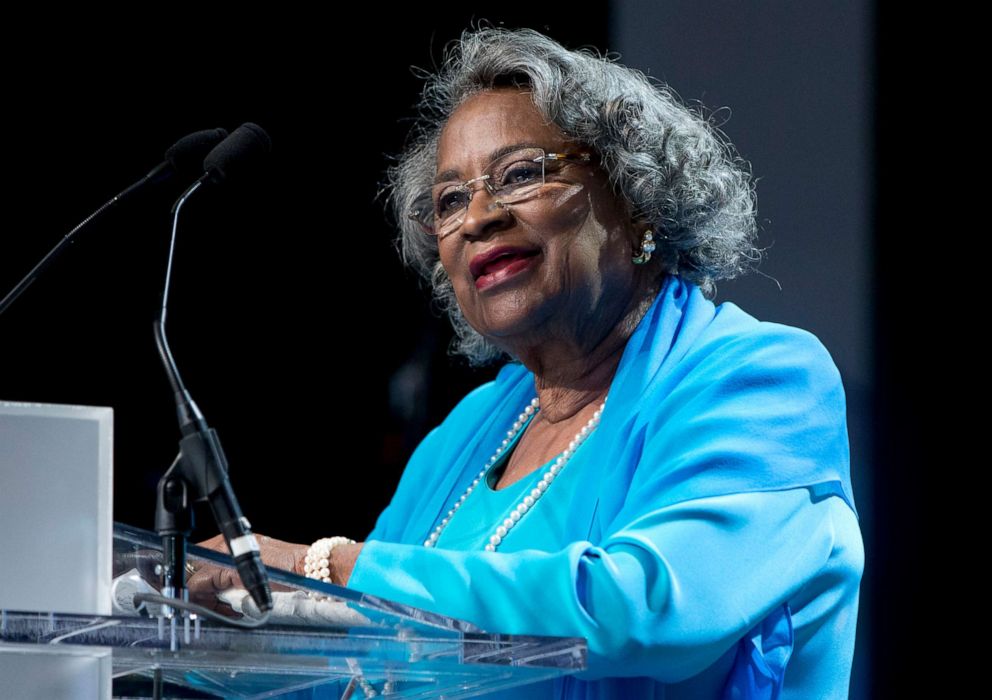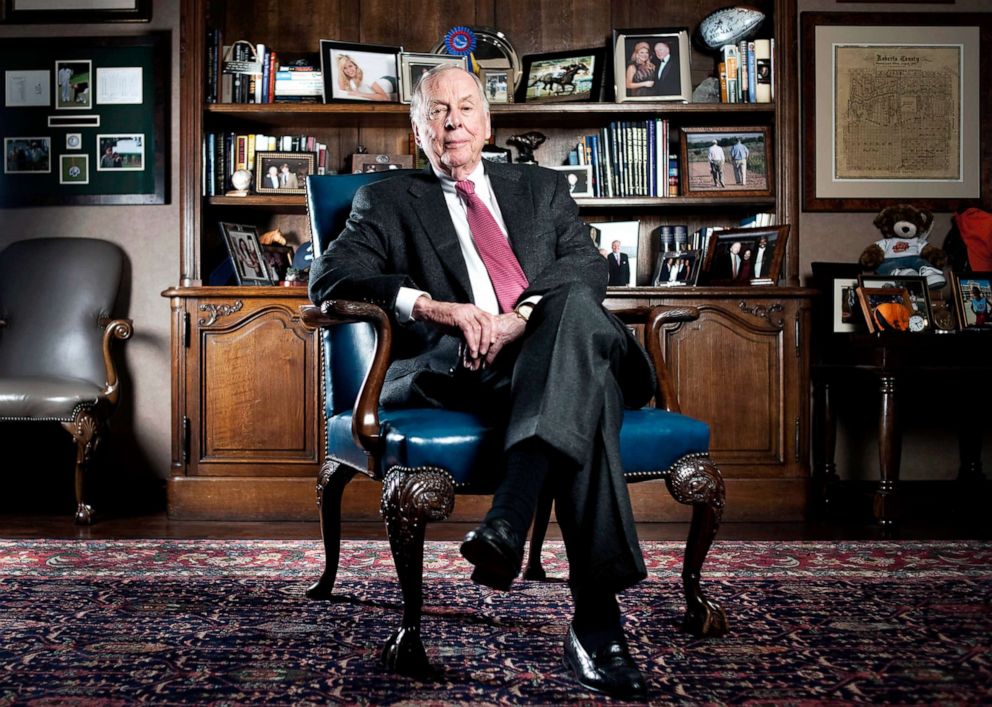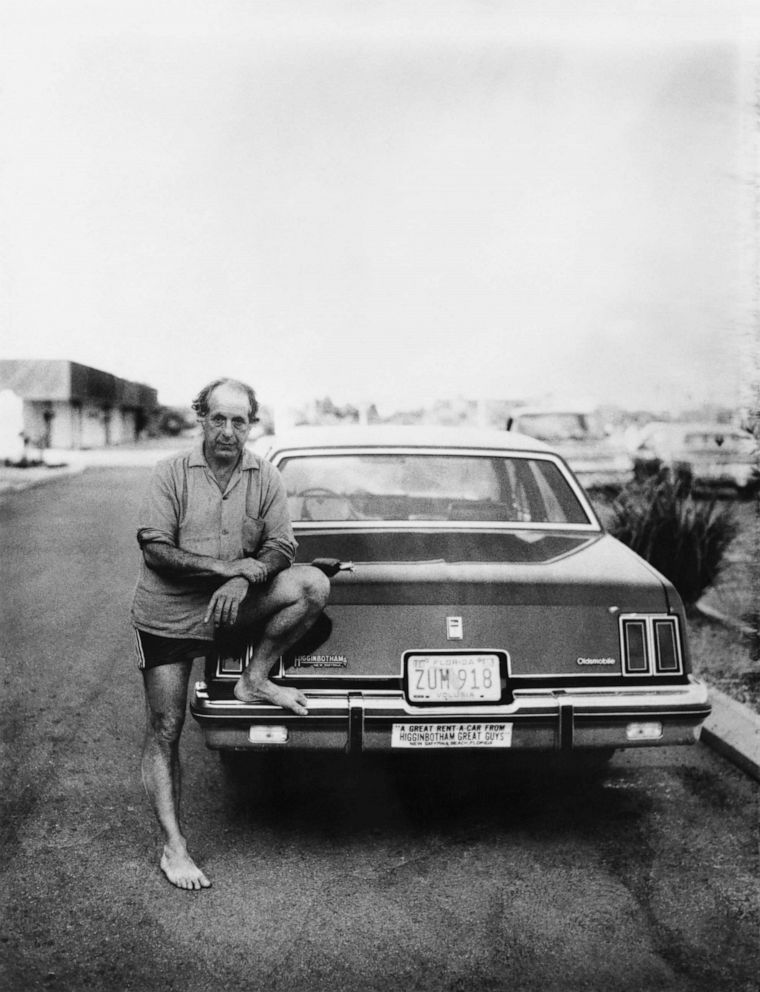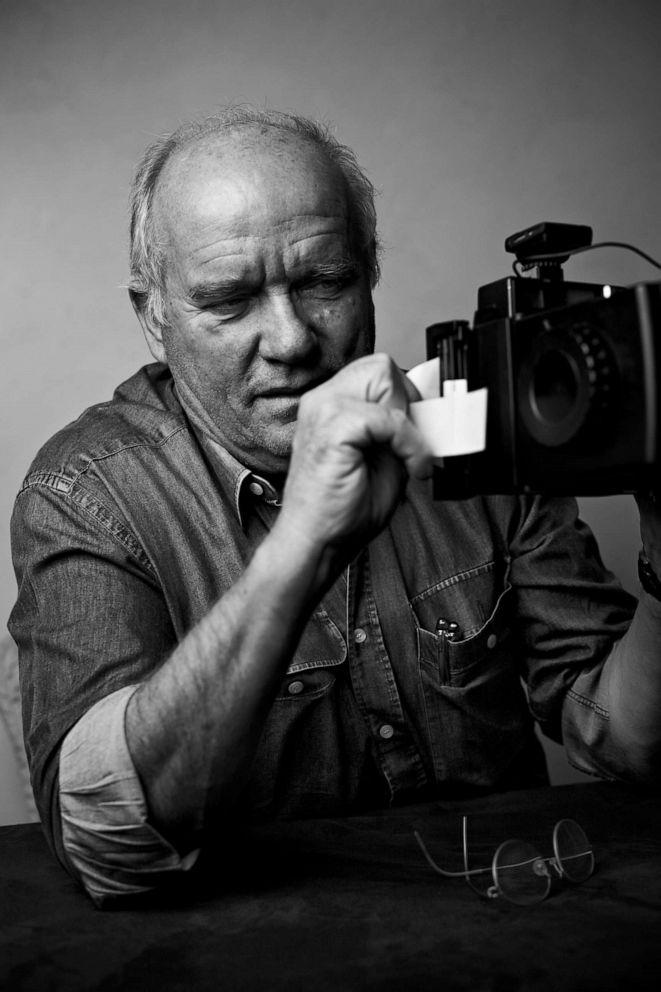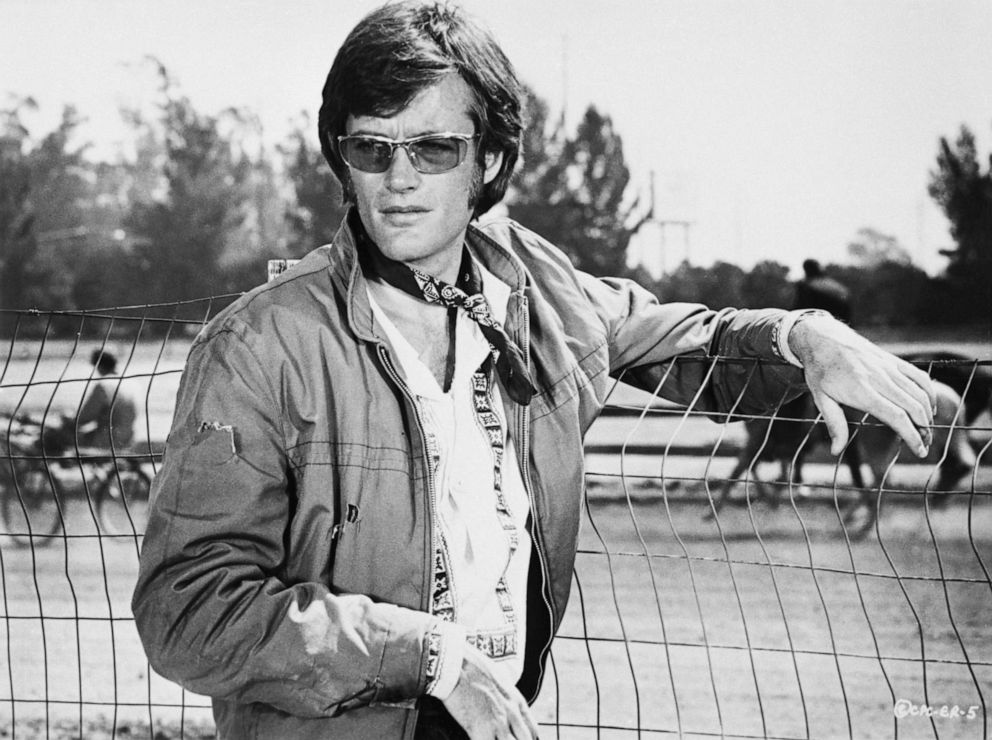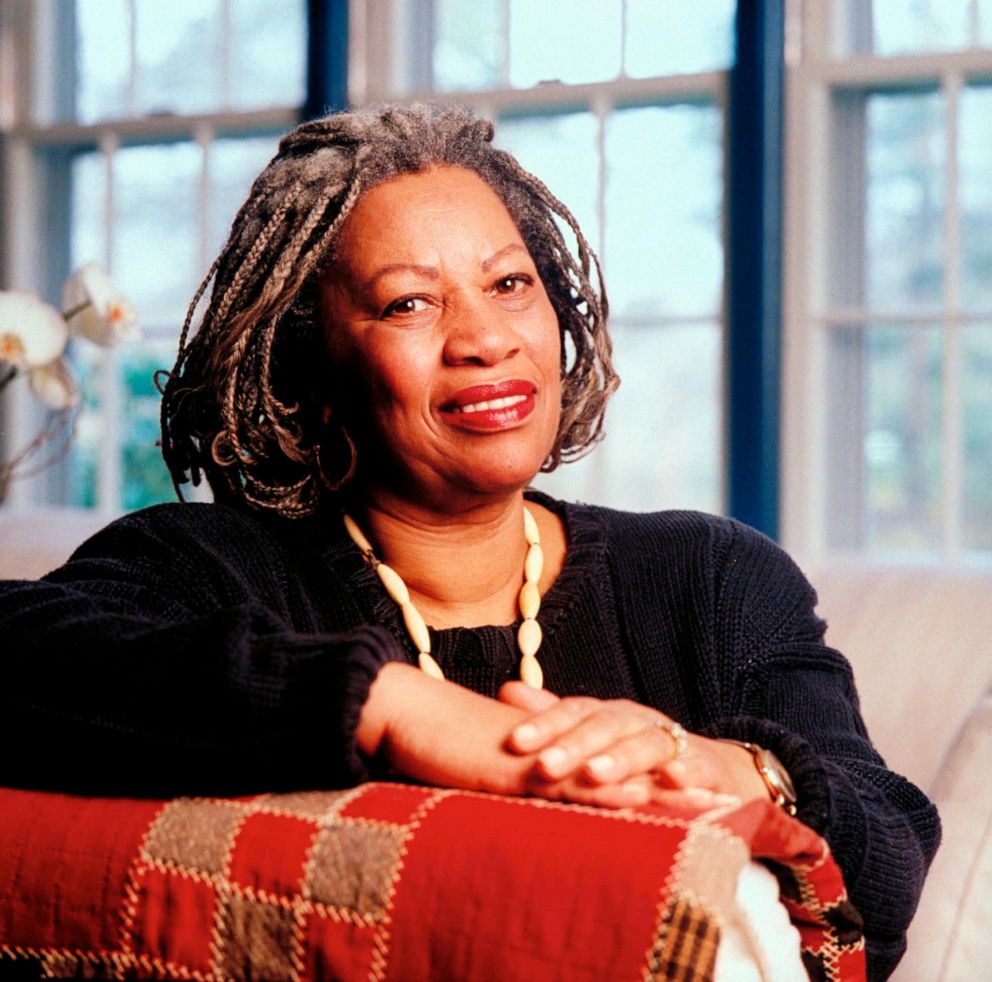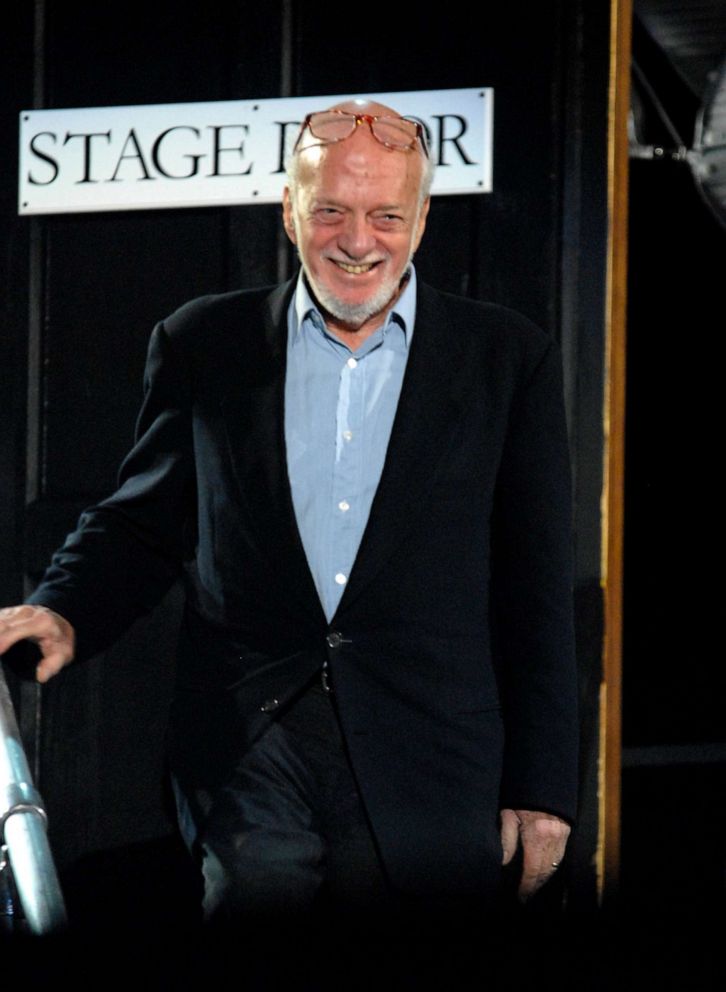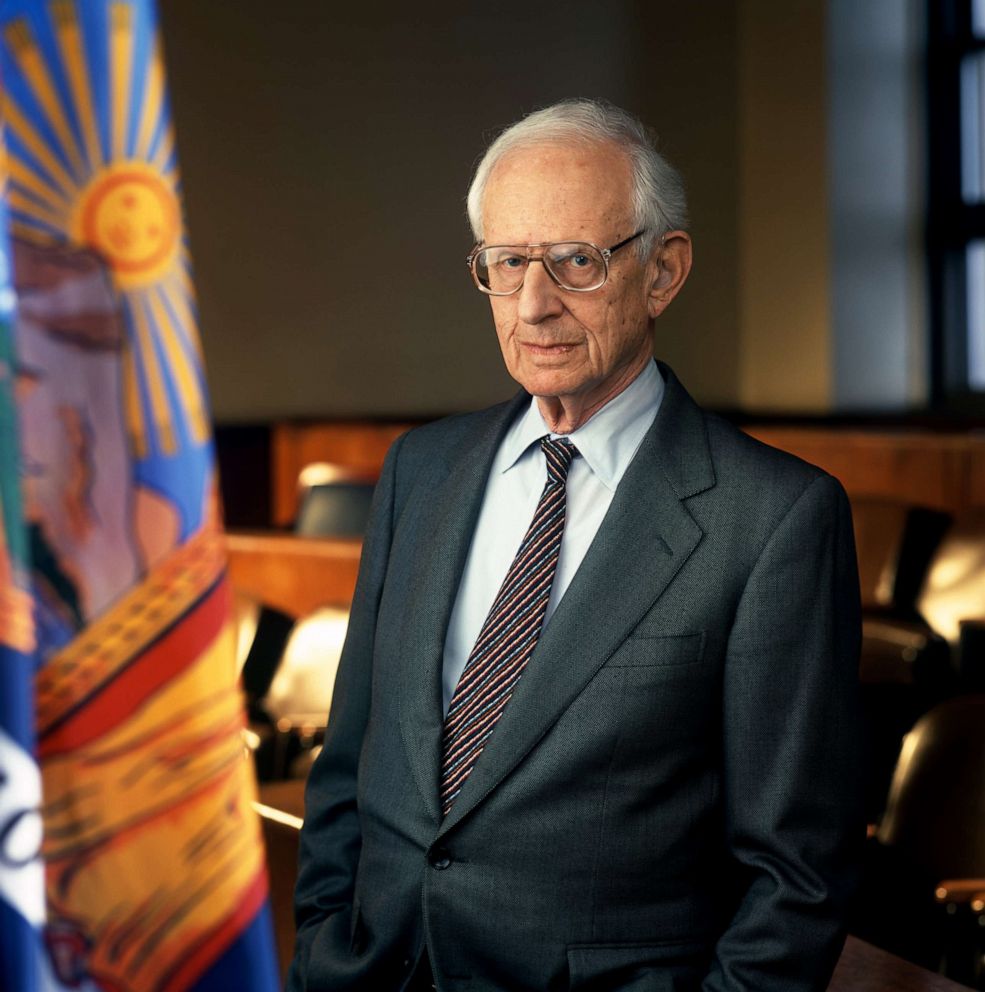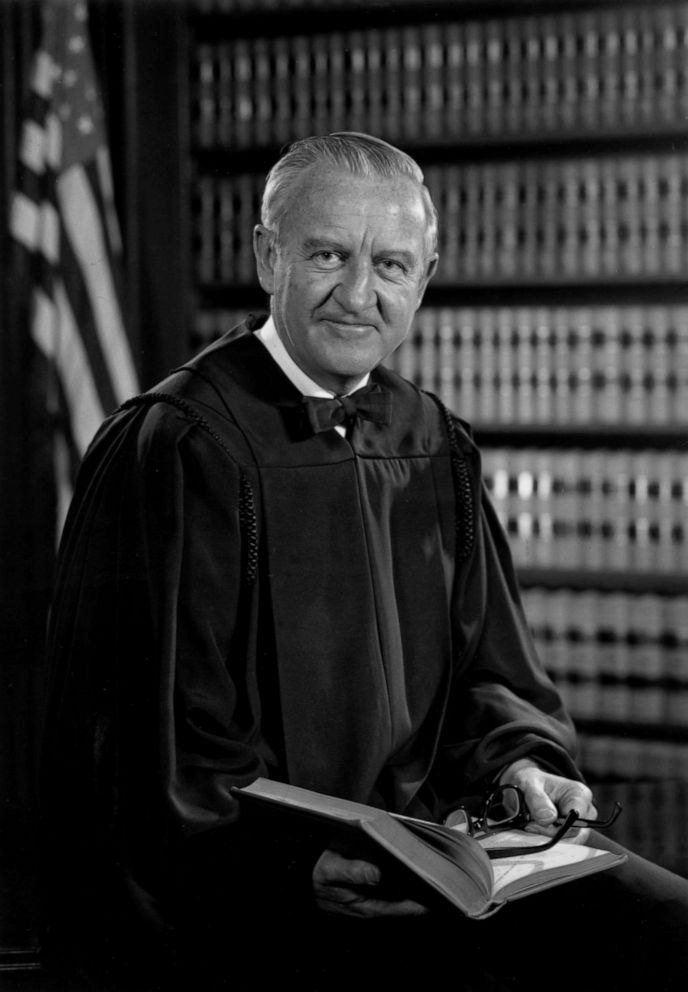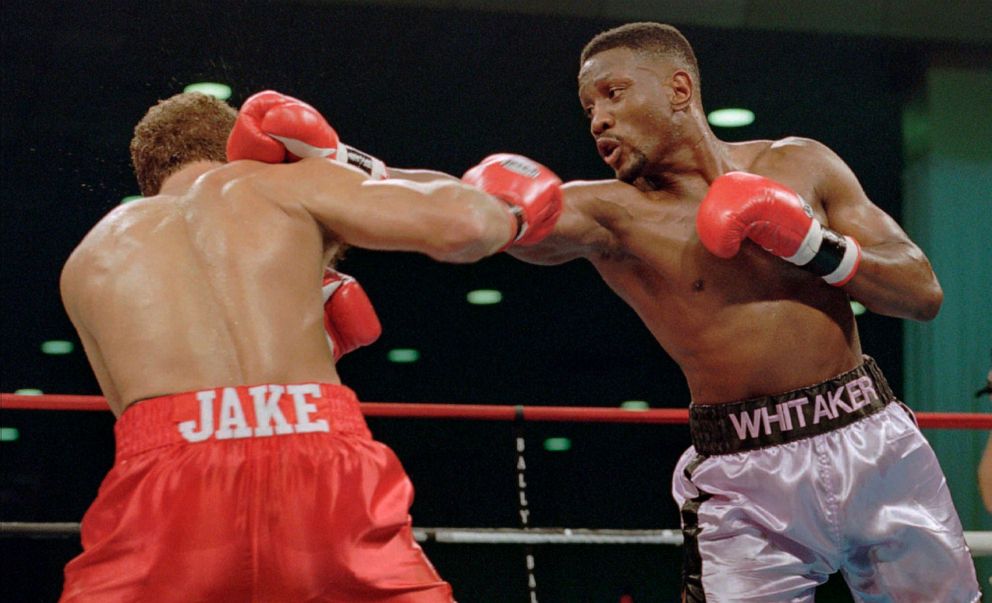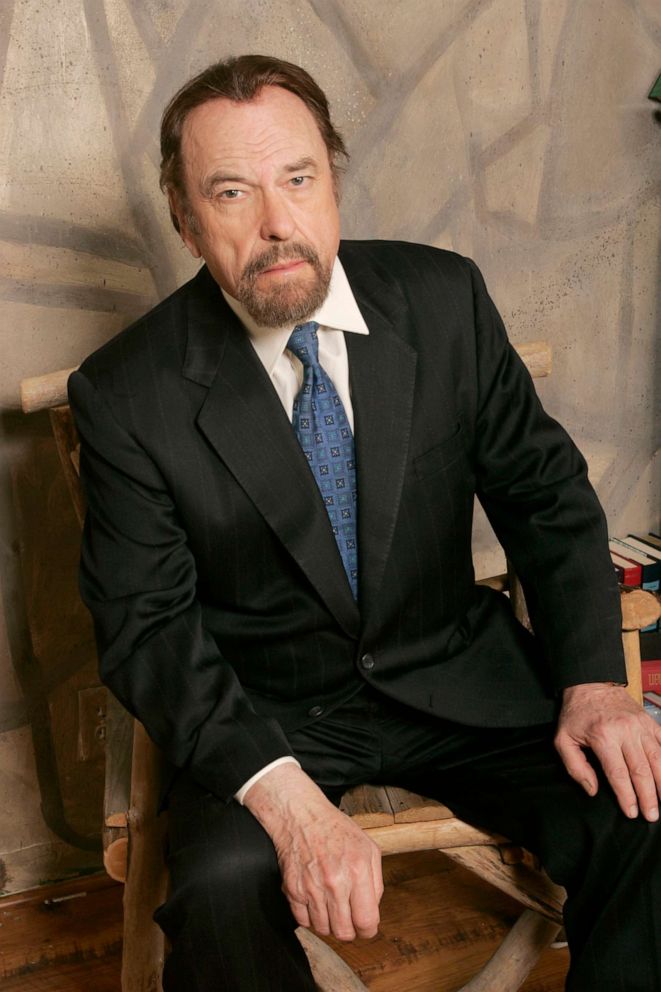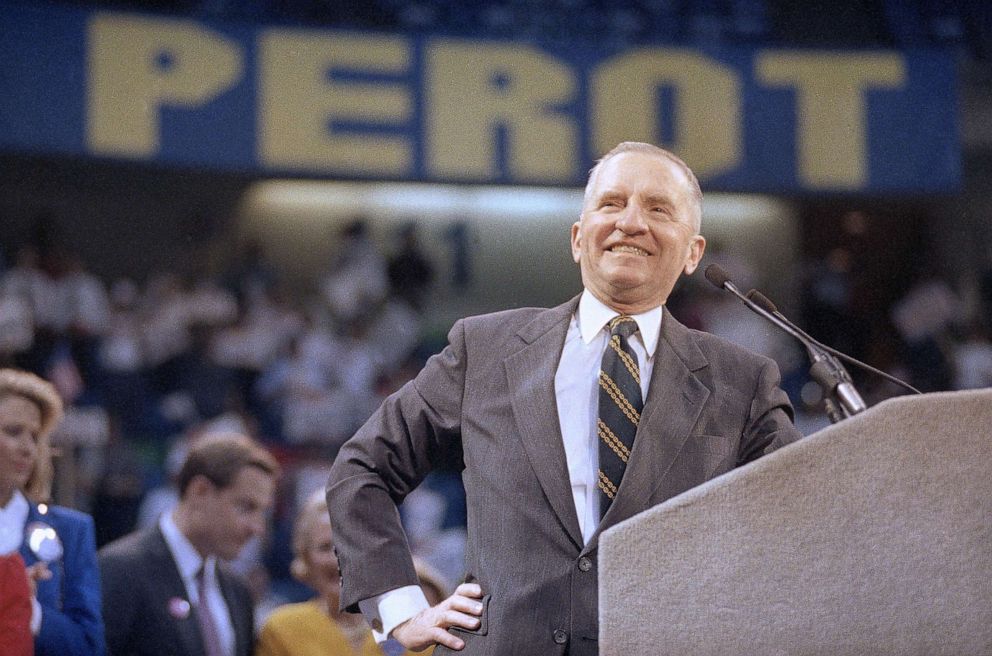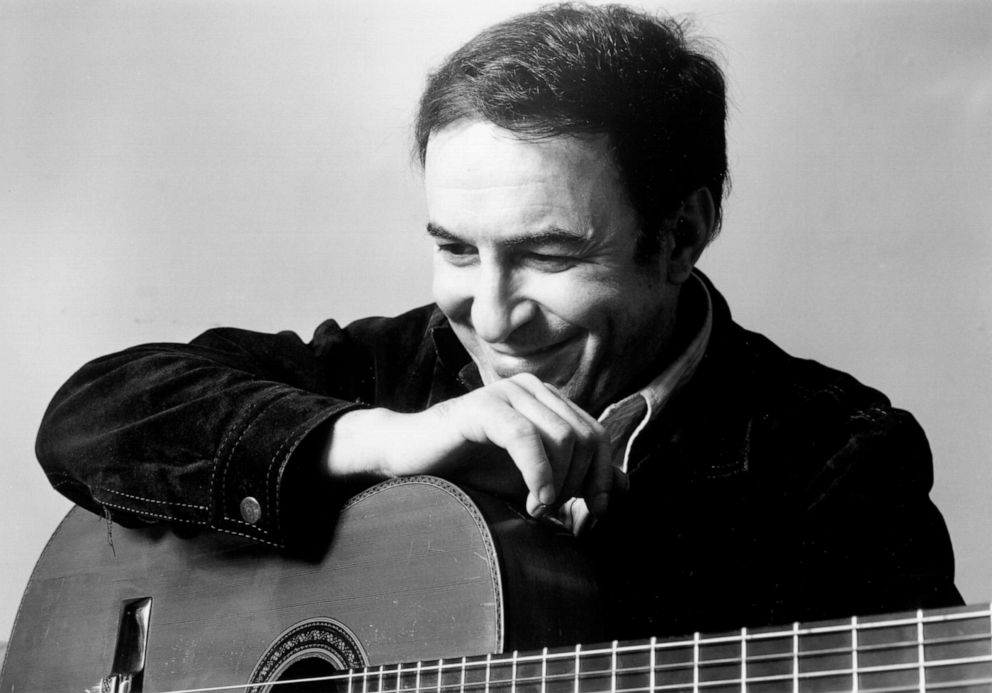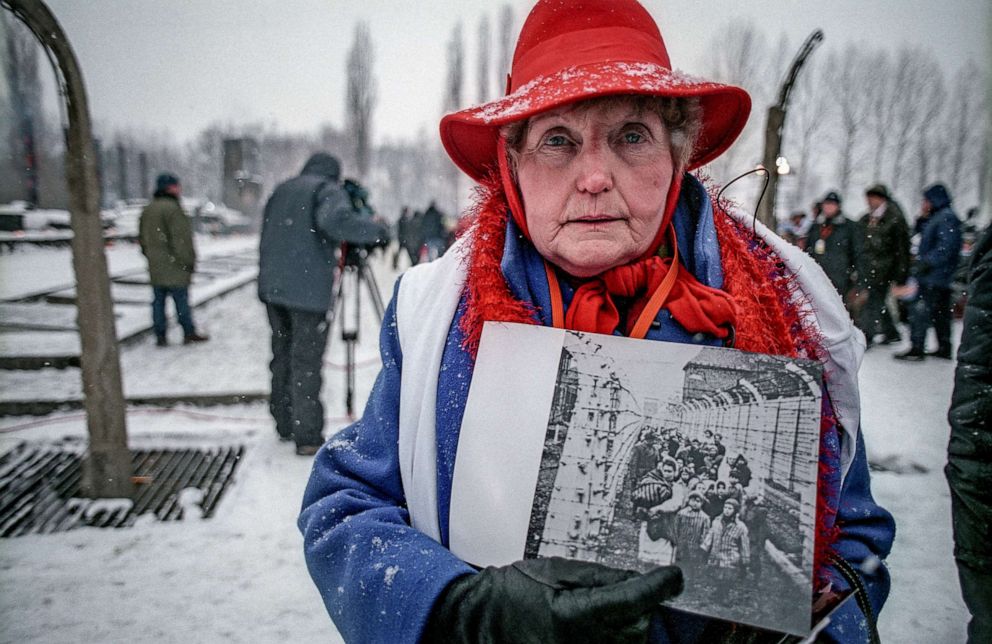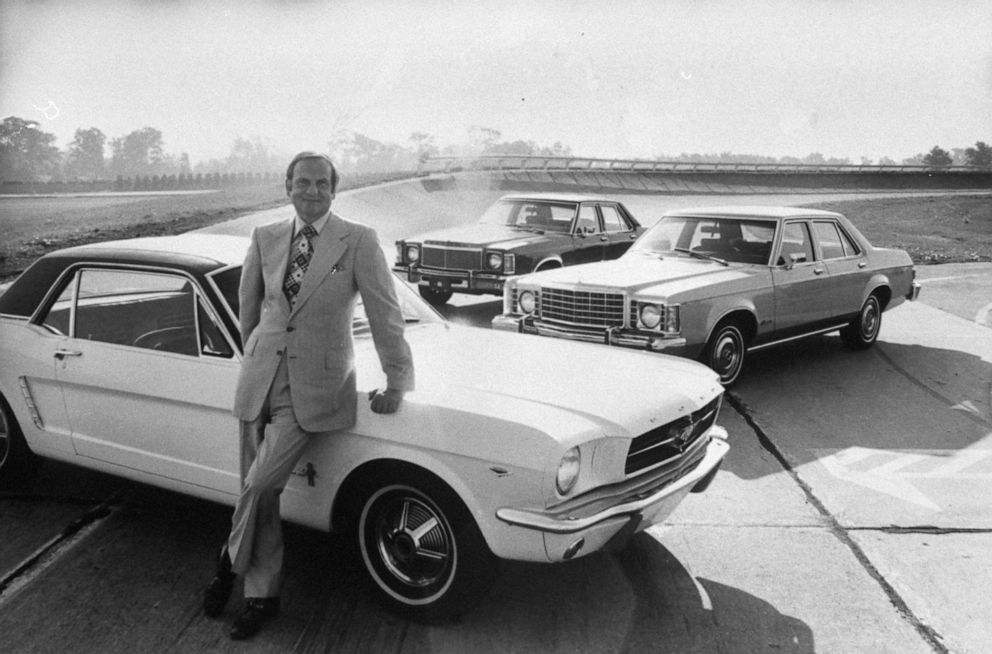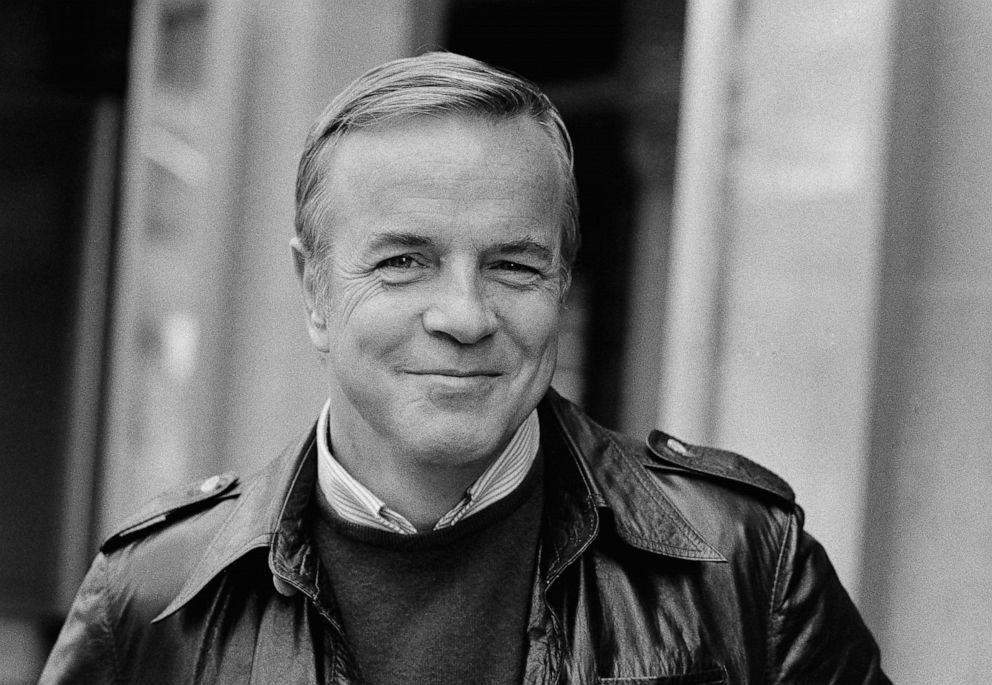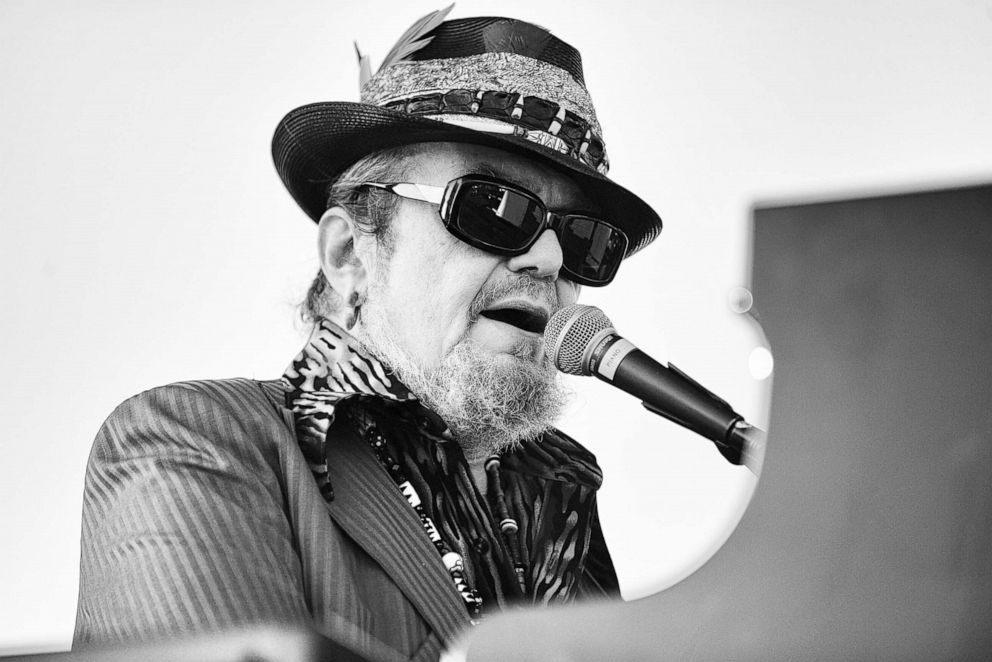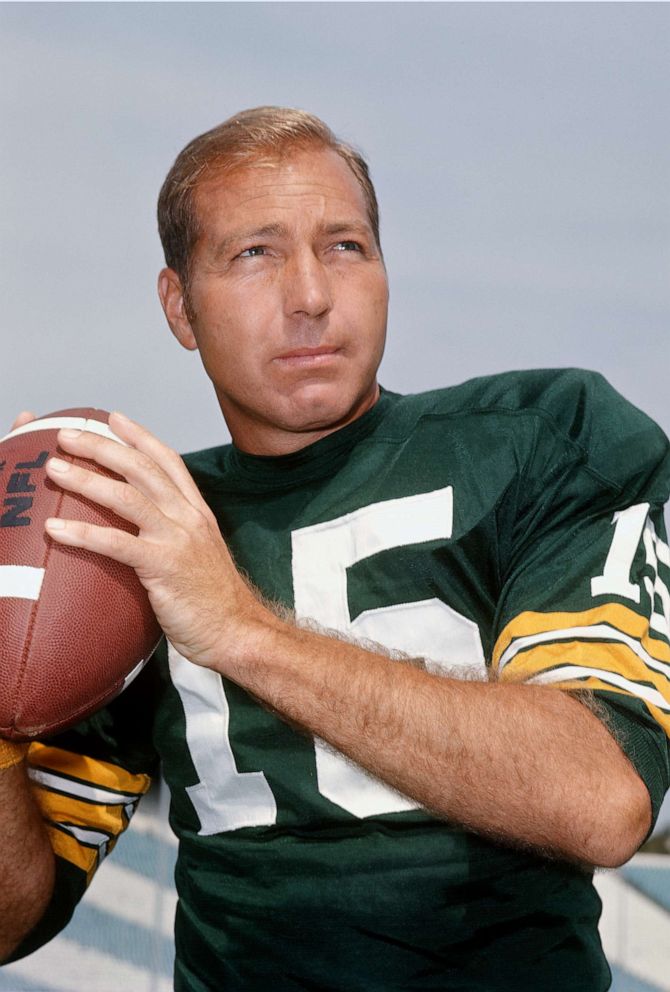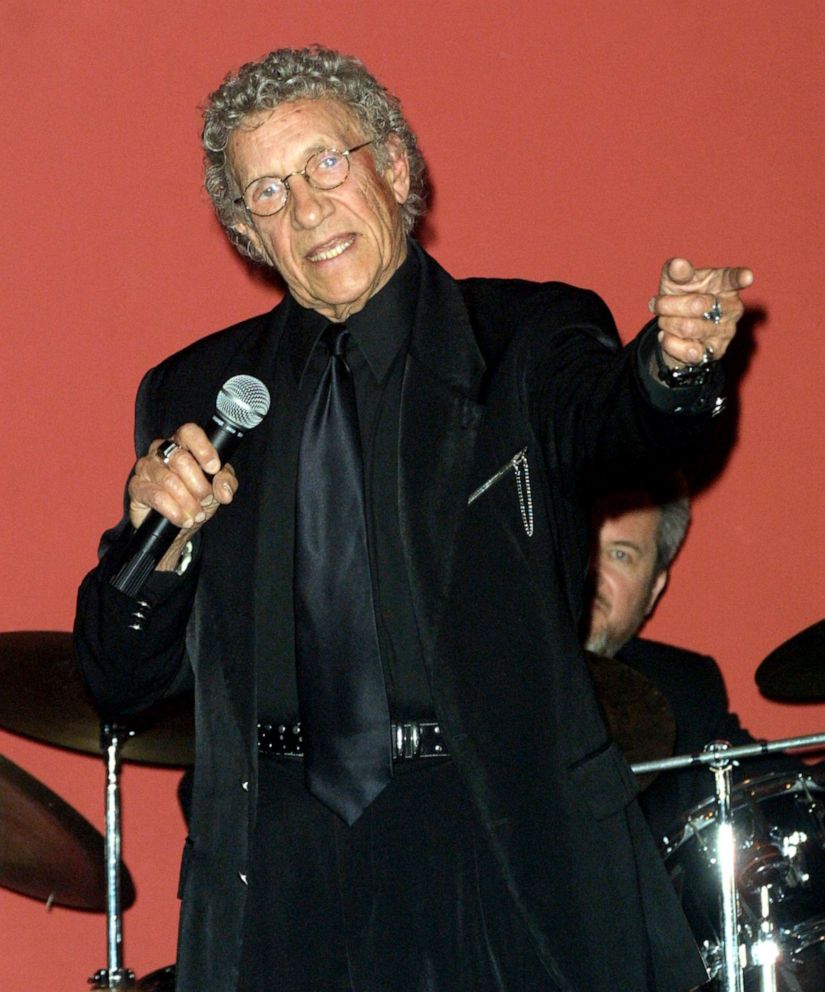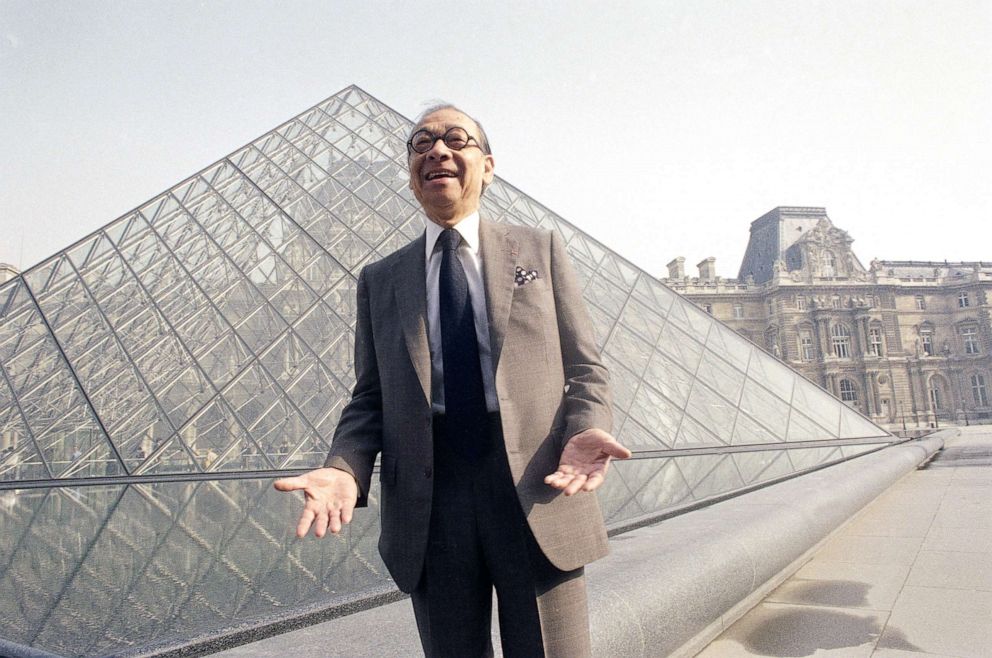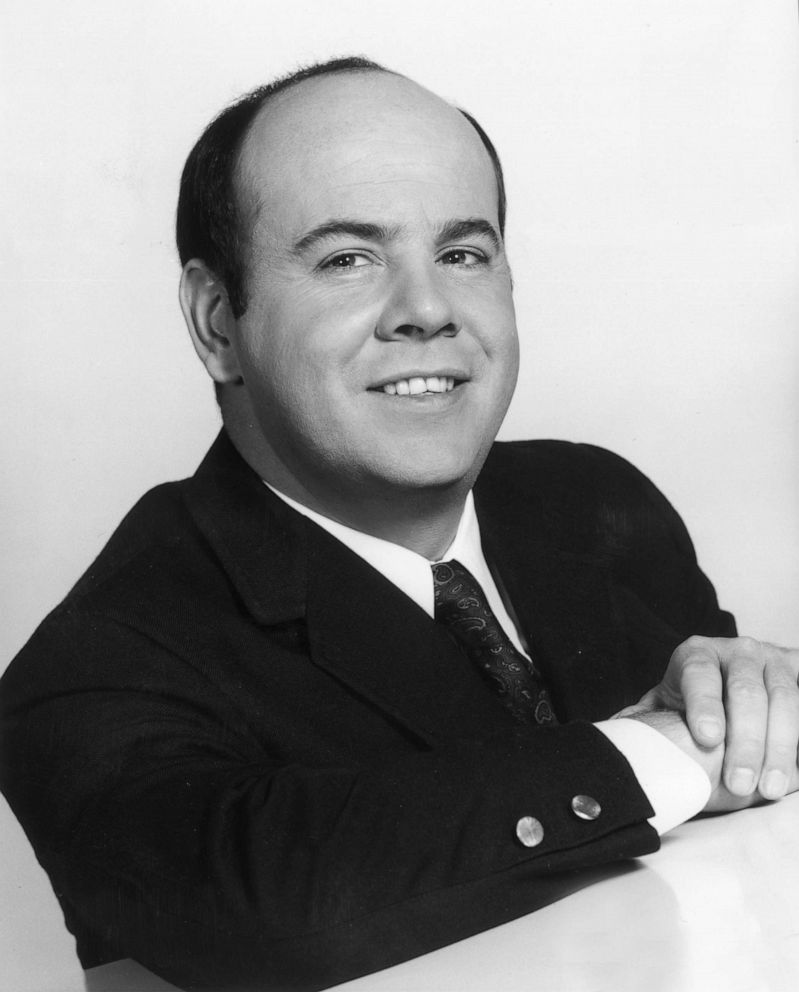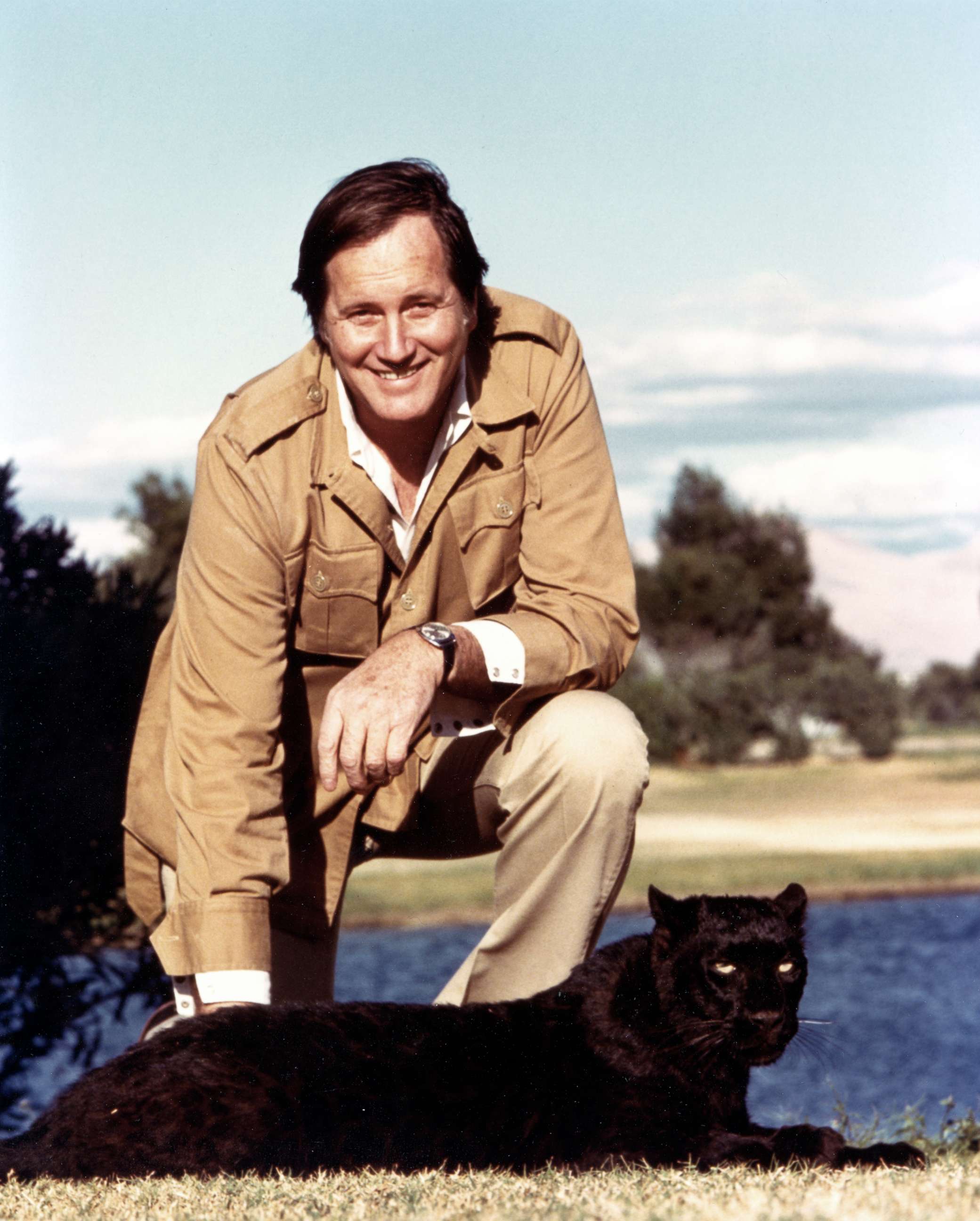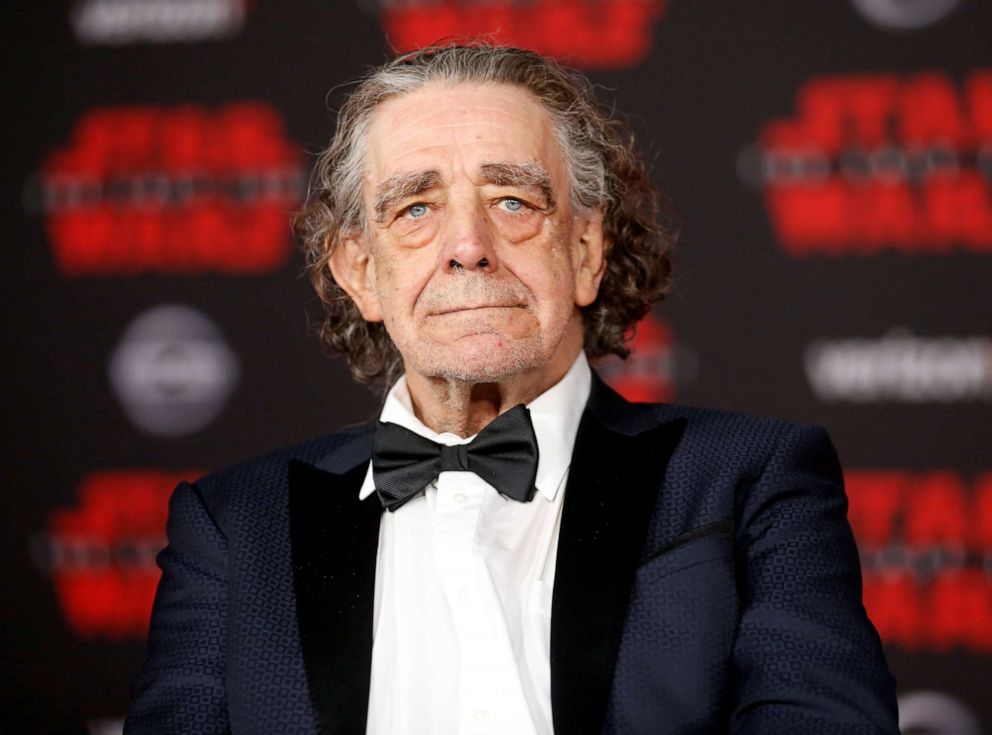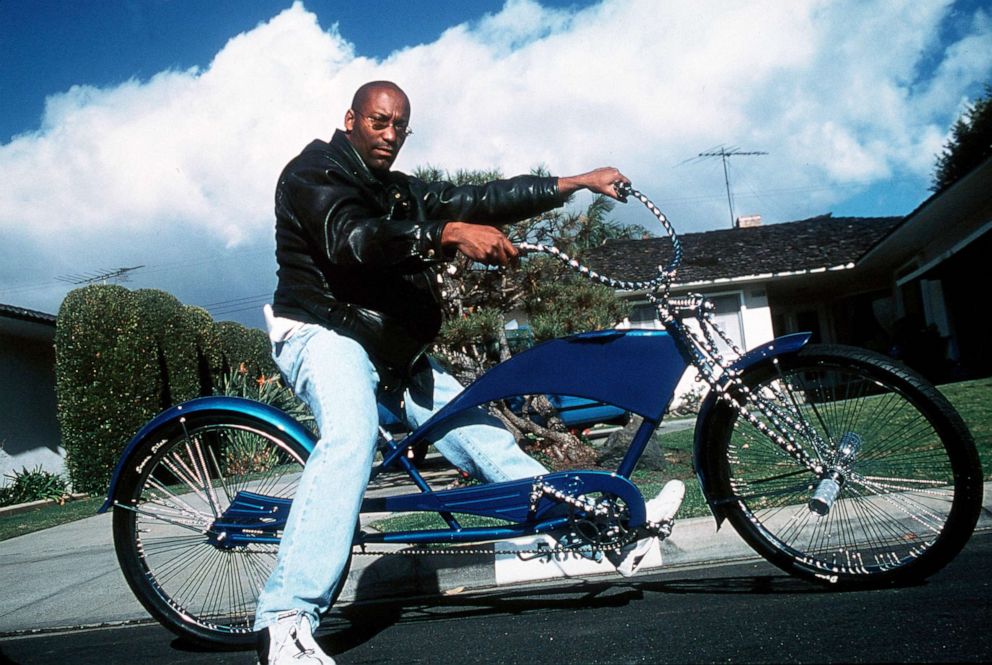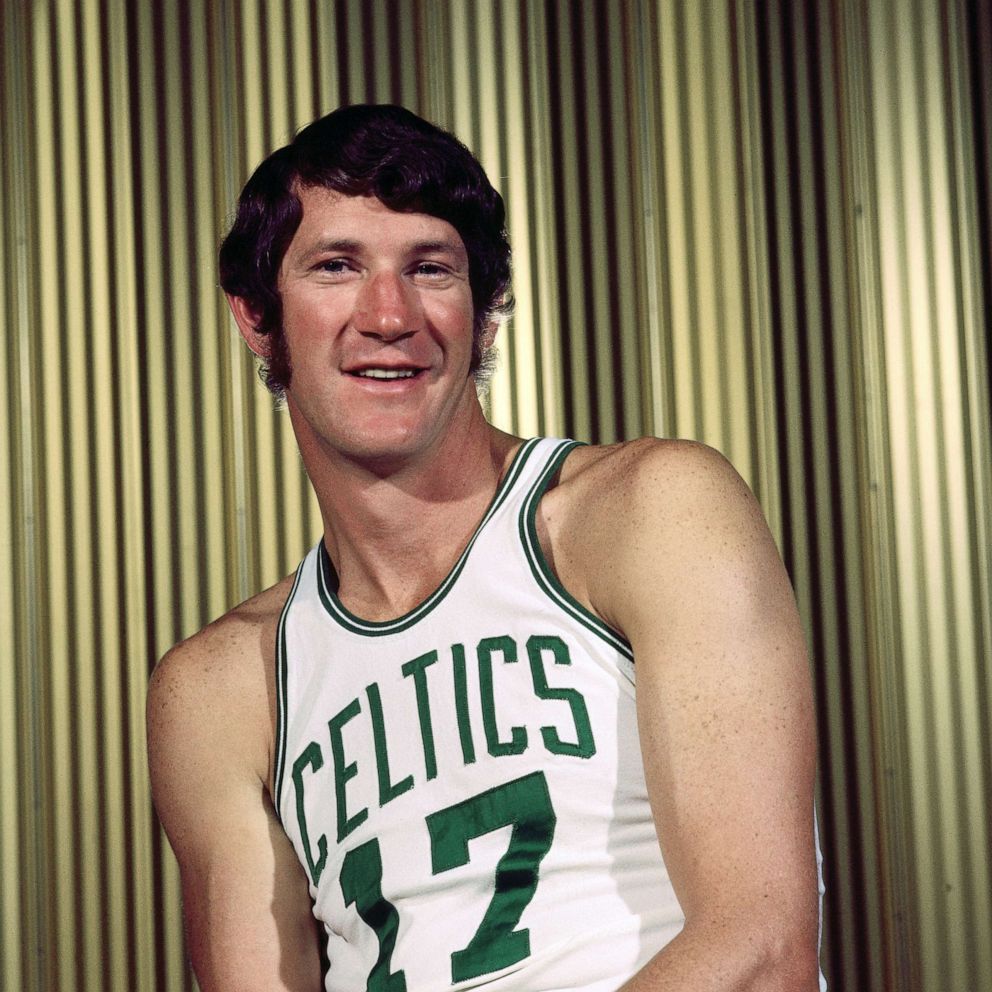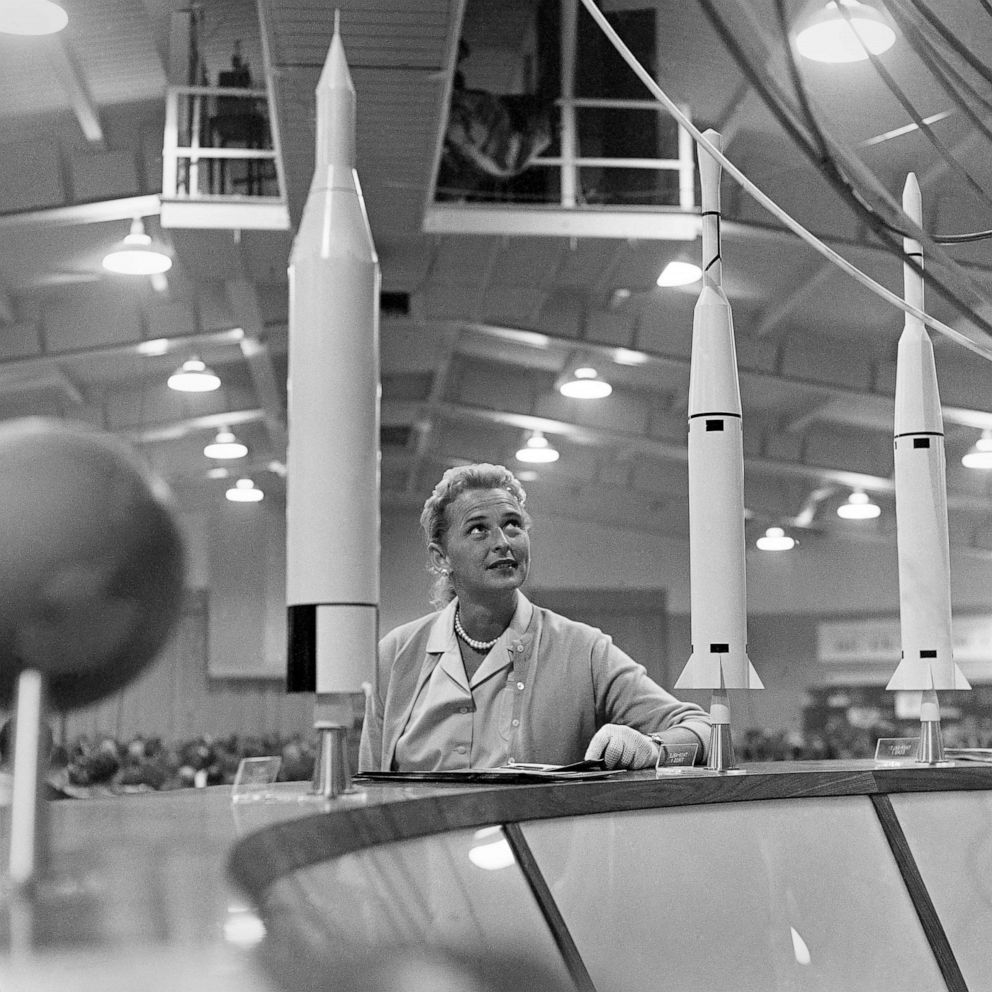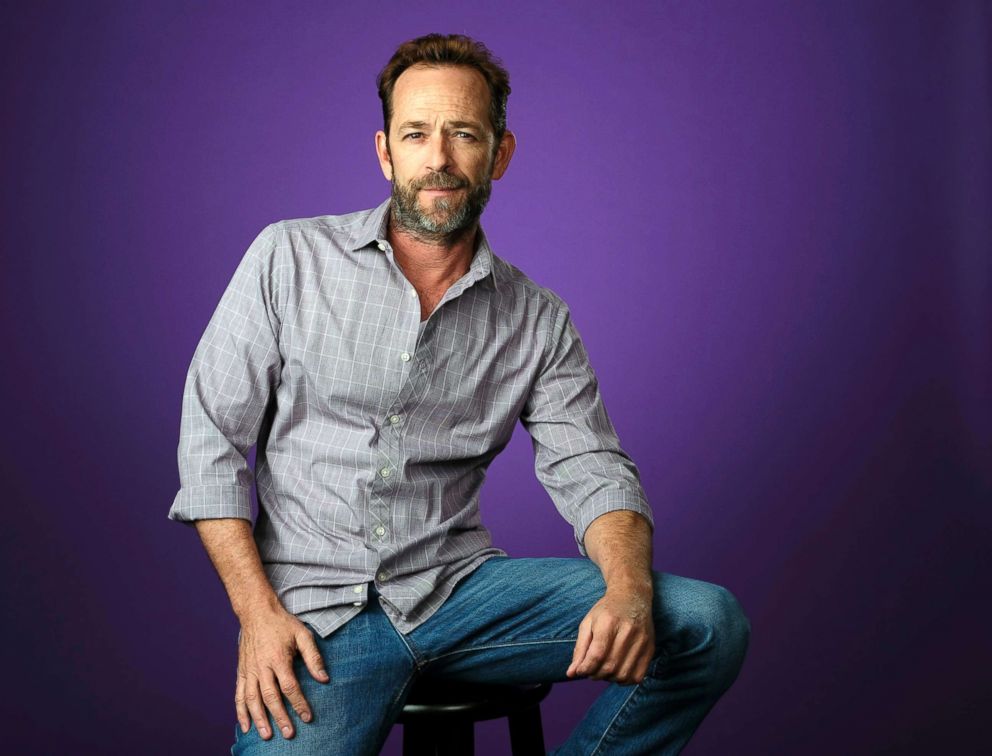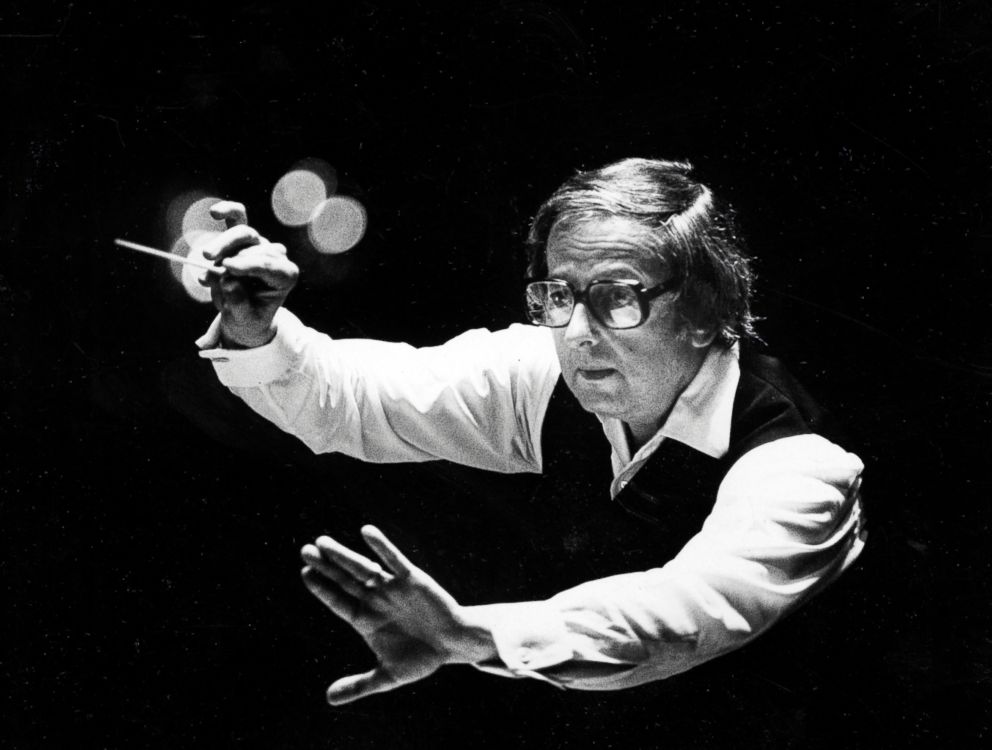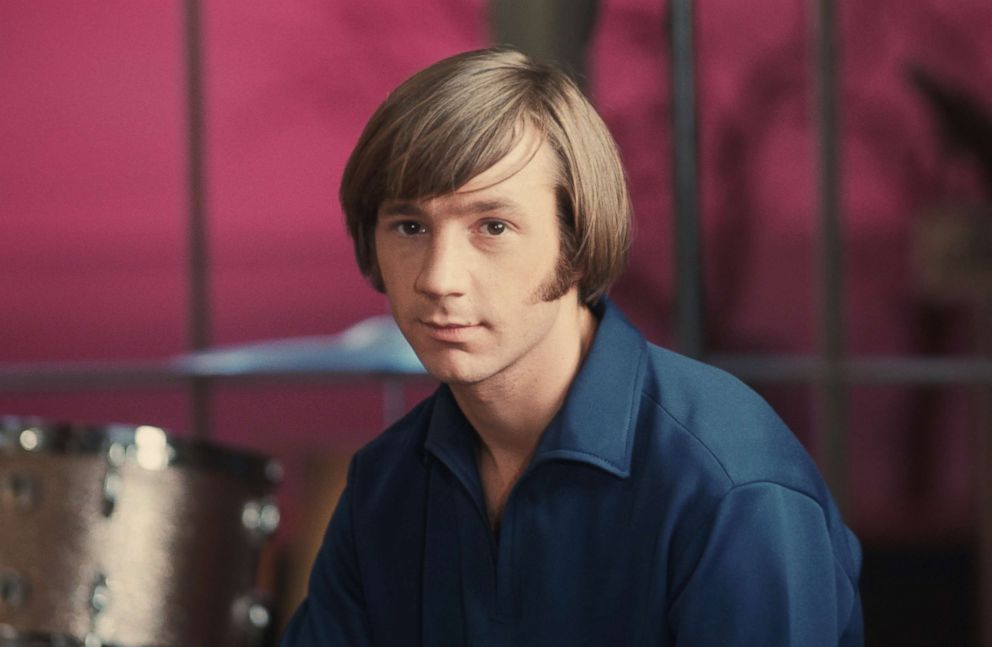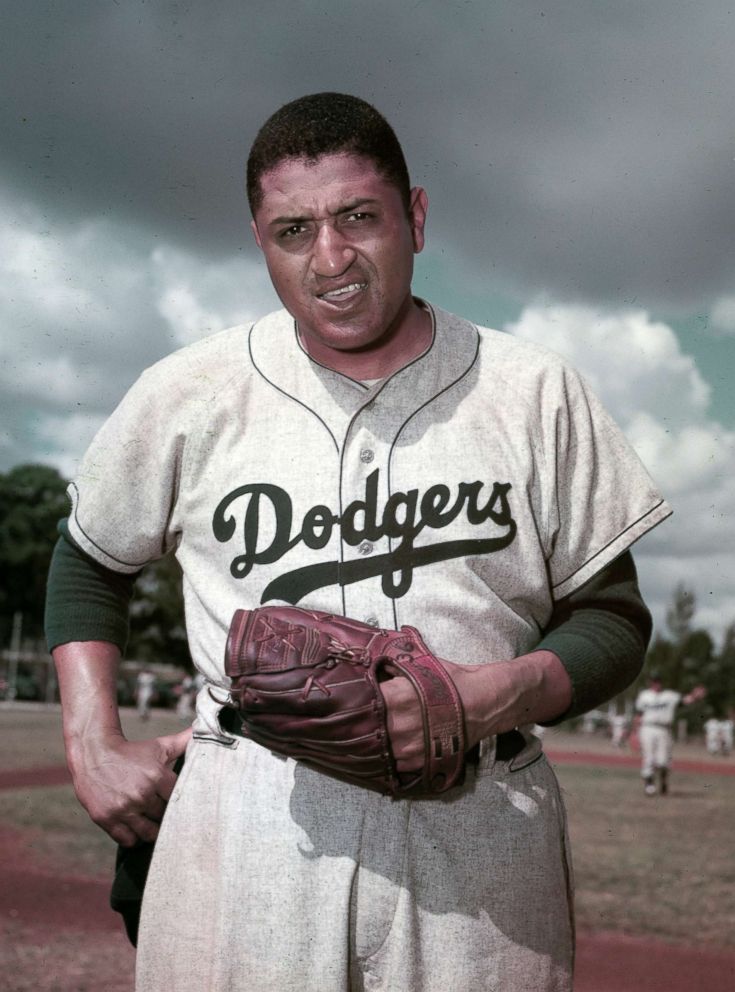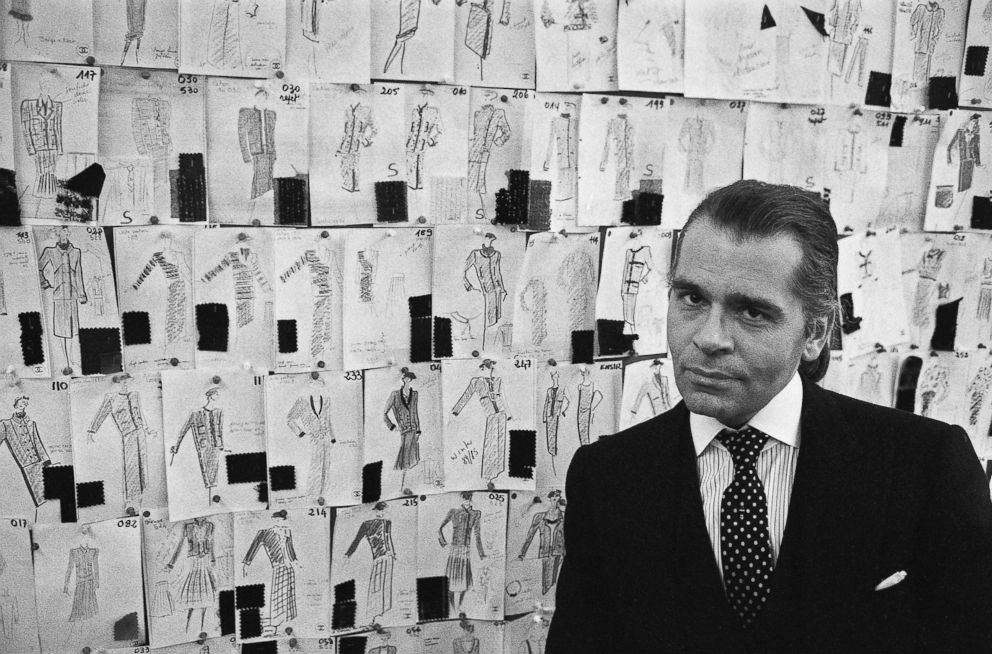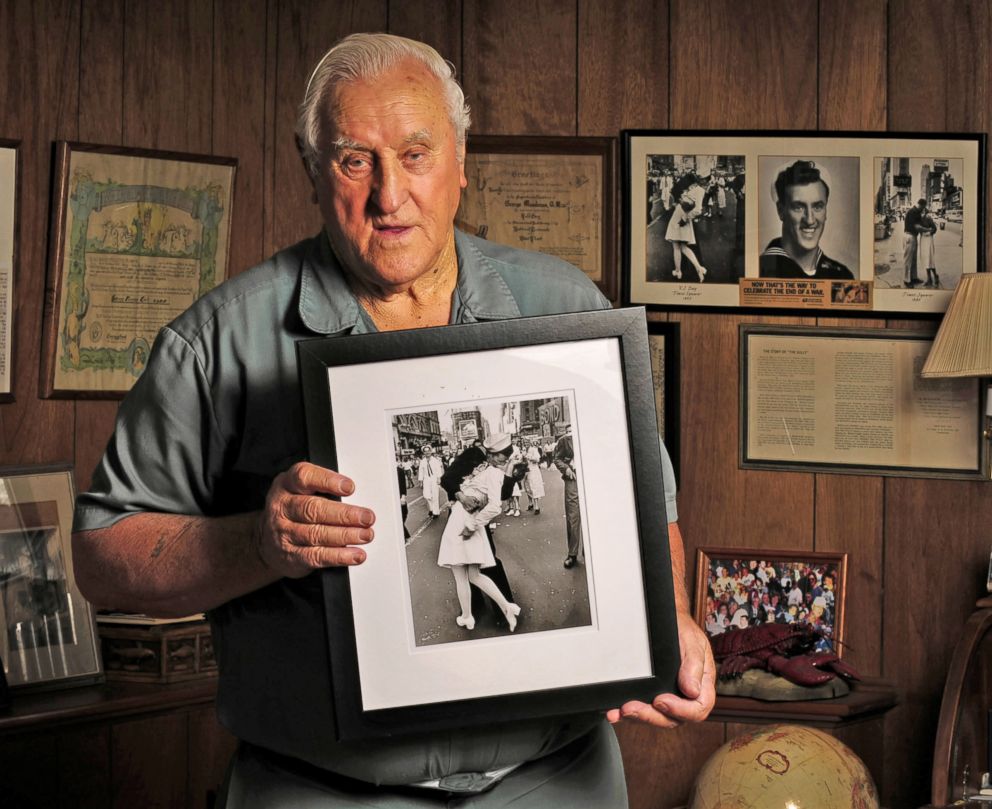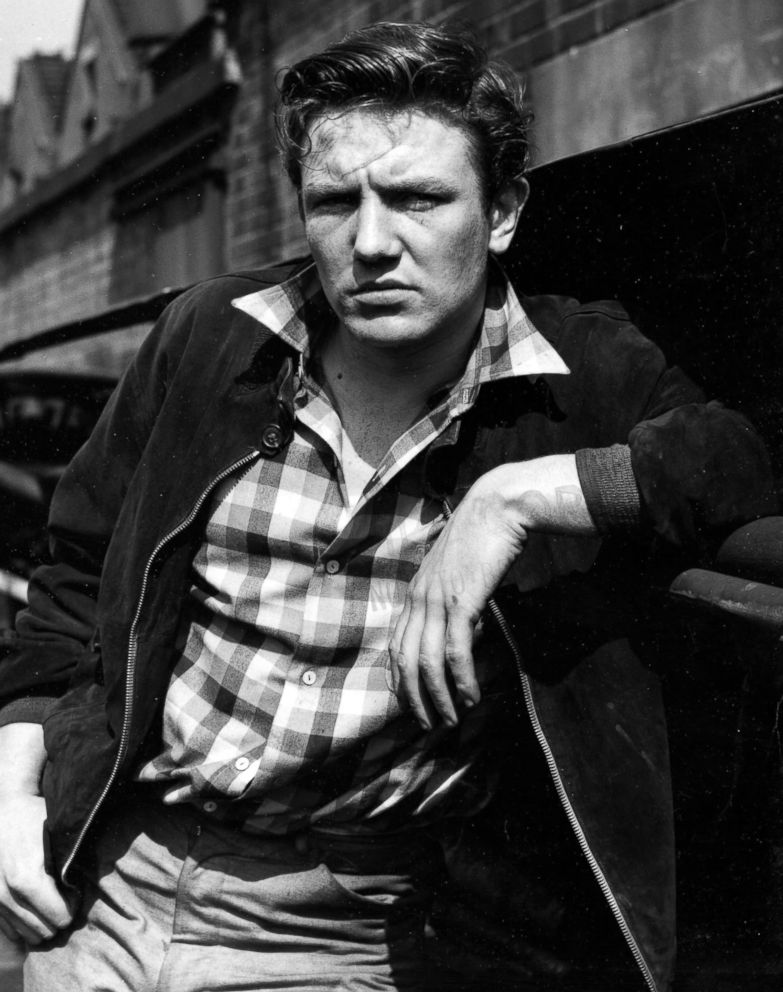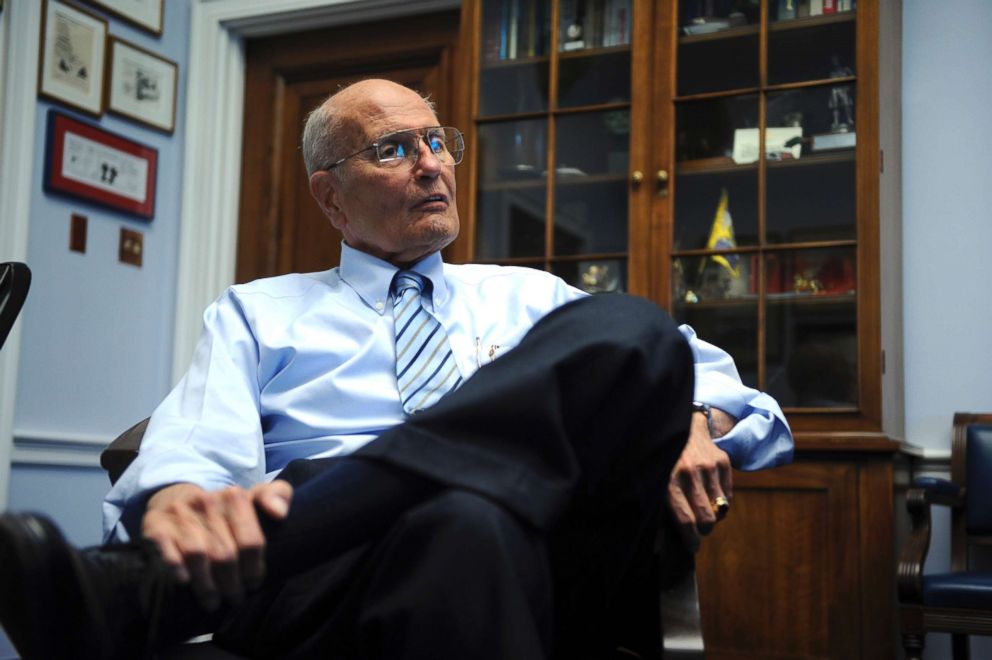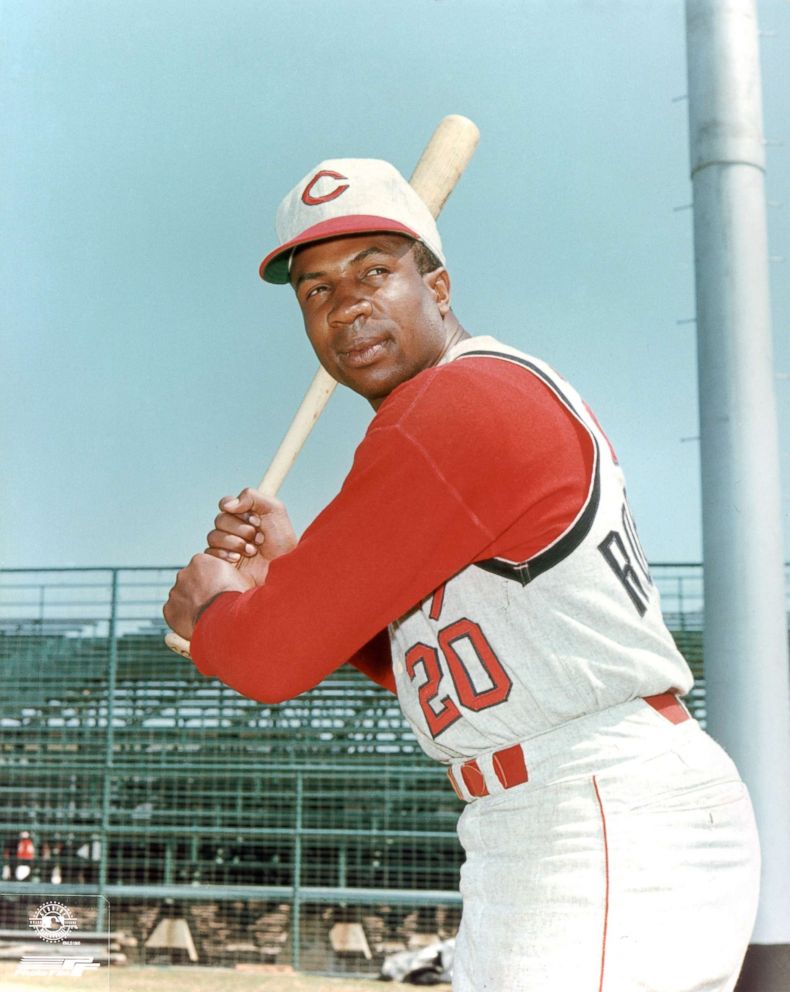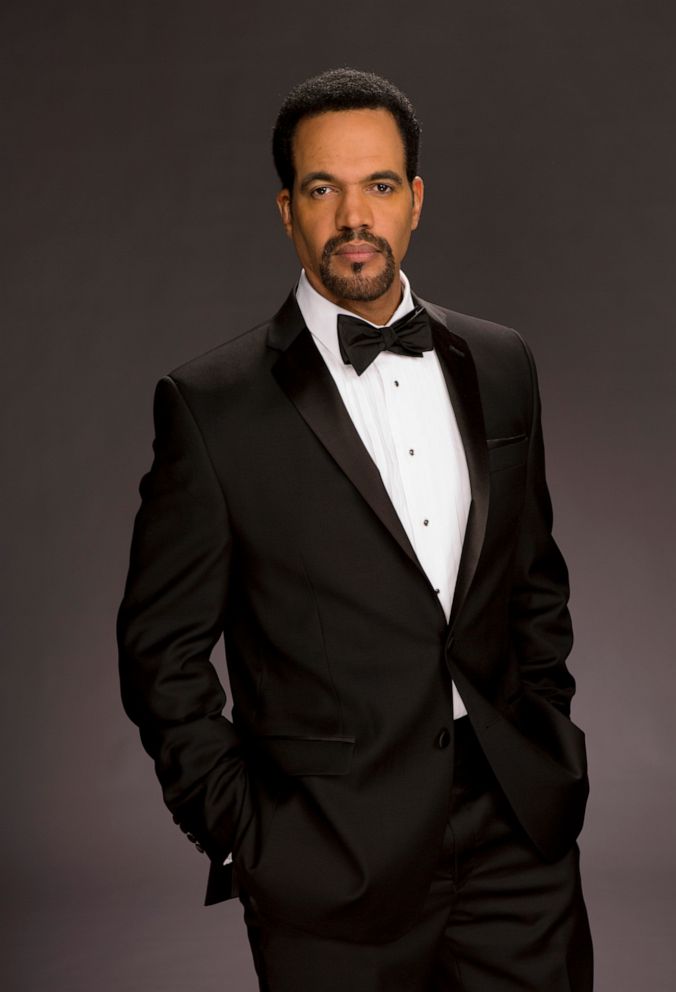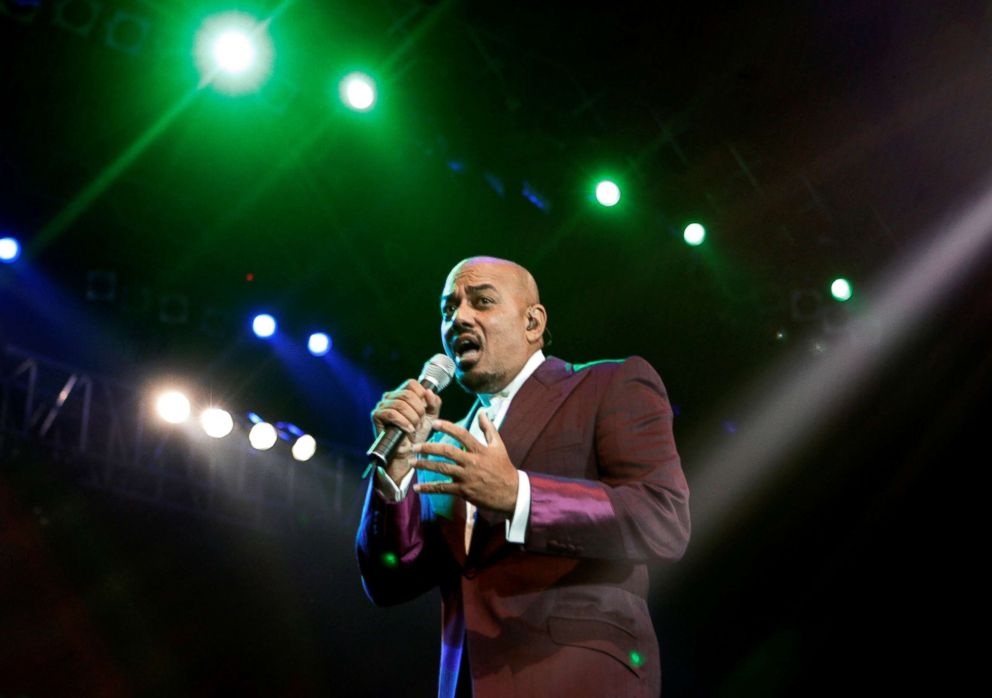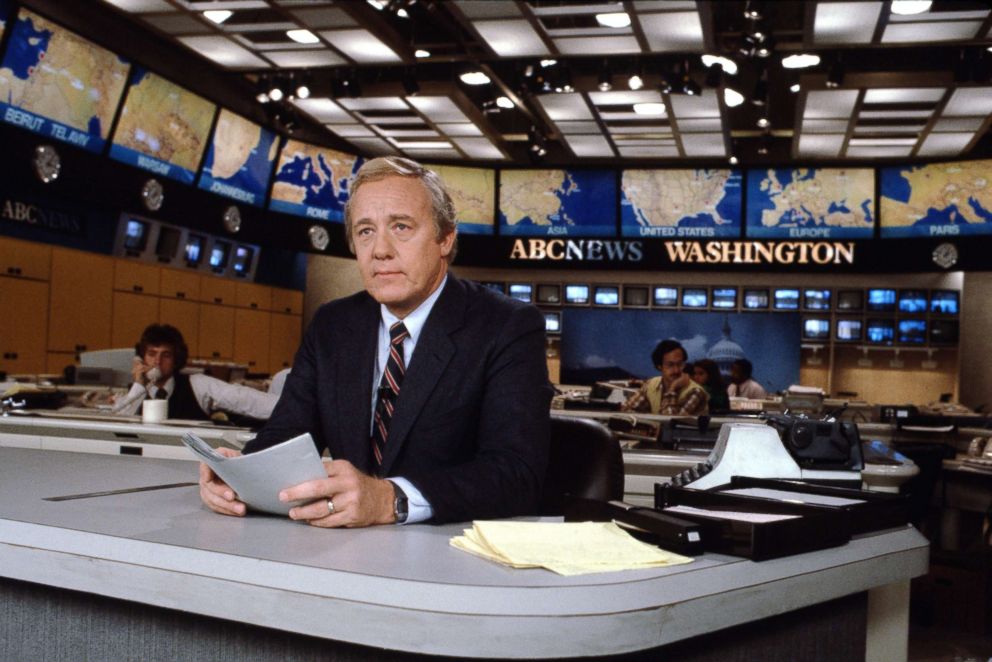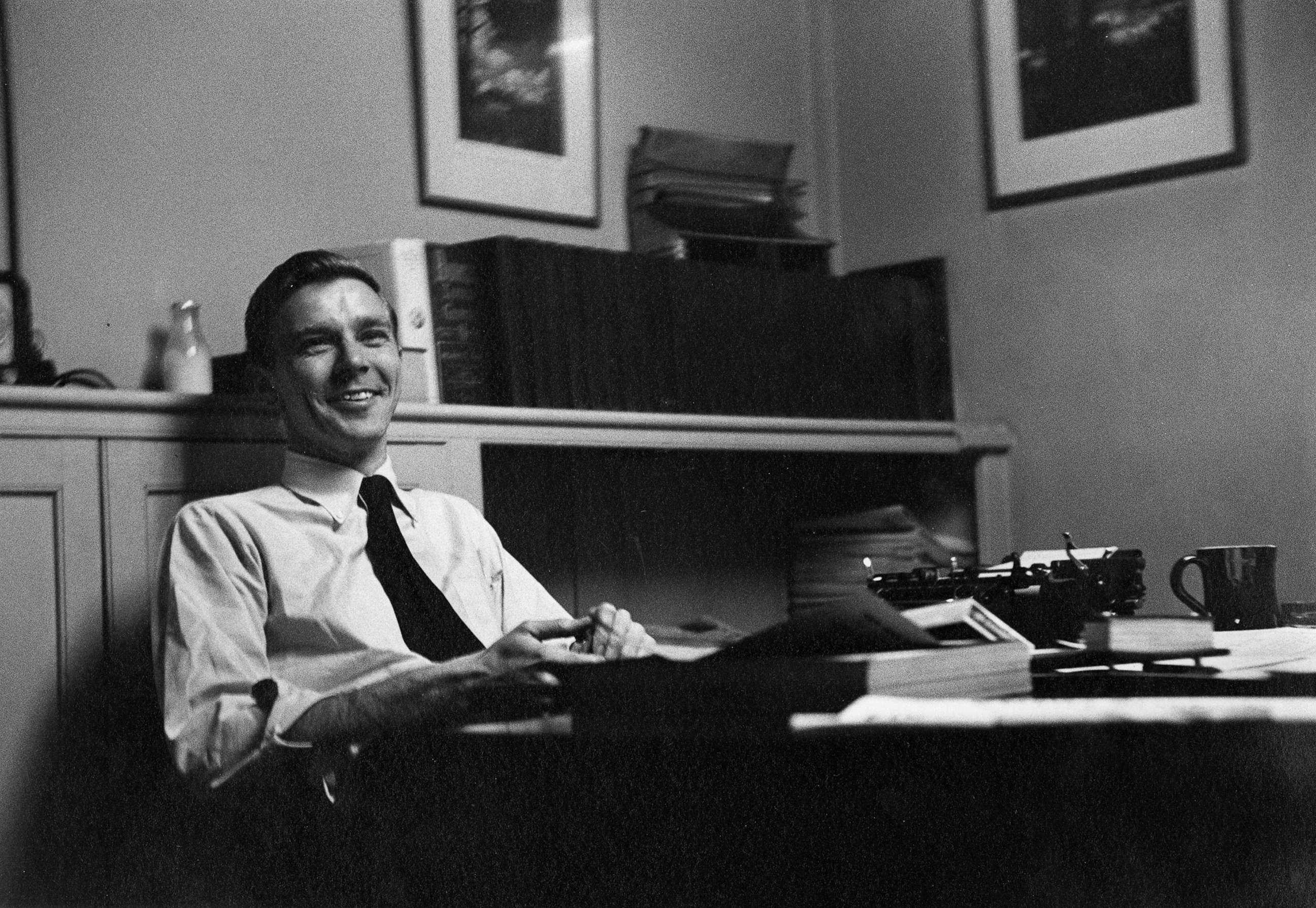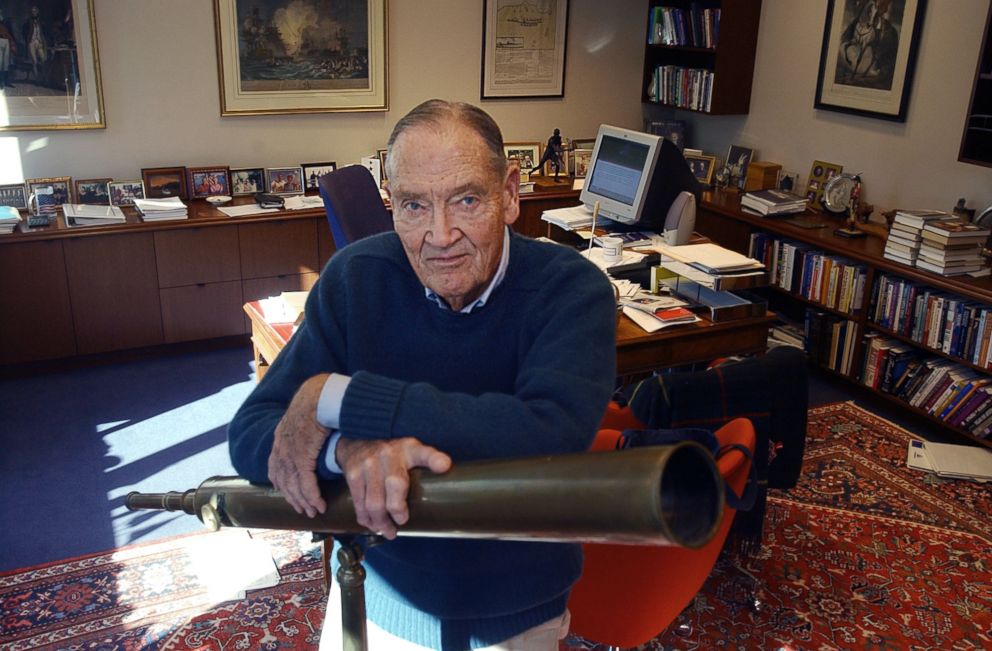Retired Supreme Court Justice John Paul Stevens has died at the age of 99
Stevens was the third longest serving Supreme Court justice.
Retired Supreme Court Justice John Paul Stevens has died at the age of 99, ABC News has confirmed.
"Retired Associate Justice of the Supreme Court of the United States, John Paul Stevens, died this evening at Holy Cross Hospital in Ft. Lauderdale, Florida, of complications following a stroke he suffered on July 15. He passed away peacefully with his daughters by his side. He was 99 years old," the Supreme Court said in a statement.
Stevens was nominated to the high court by Republican President Gerald Ford in 1975 and retired in 2010 after serving more than 34 years on the court.
He is survived by his children, Elizabeth Jane Sesemann and Susan Roberta Mullen, nine grandchildren: Kathryn, Christine, Edward, Susan, Lauren, John, Madison, Hannah, Haley, and 13 great grandchildren. His first wife Elizabeth Jane, his second wife, Maryan Mulholland, his son, John Joseph, and his daughter, Kathryn, preceded him in death.
Notable people who died in 2019

Chief Justice John G. Roberts Jr. released a statement through the Supreme Court following the death announcement.
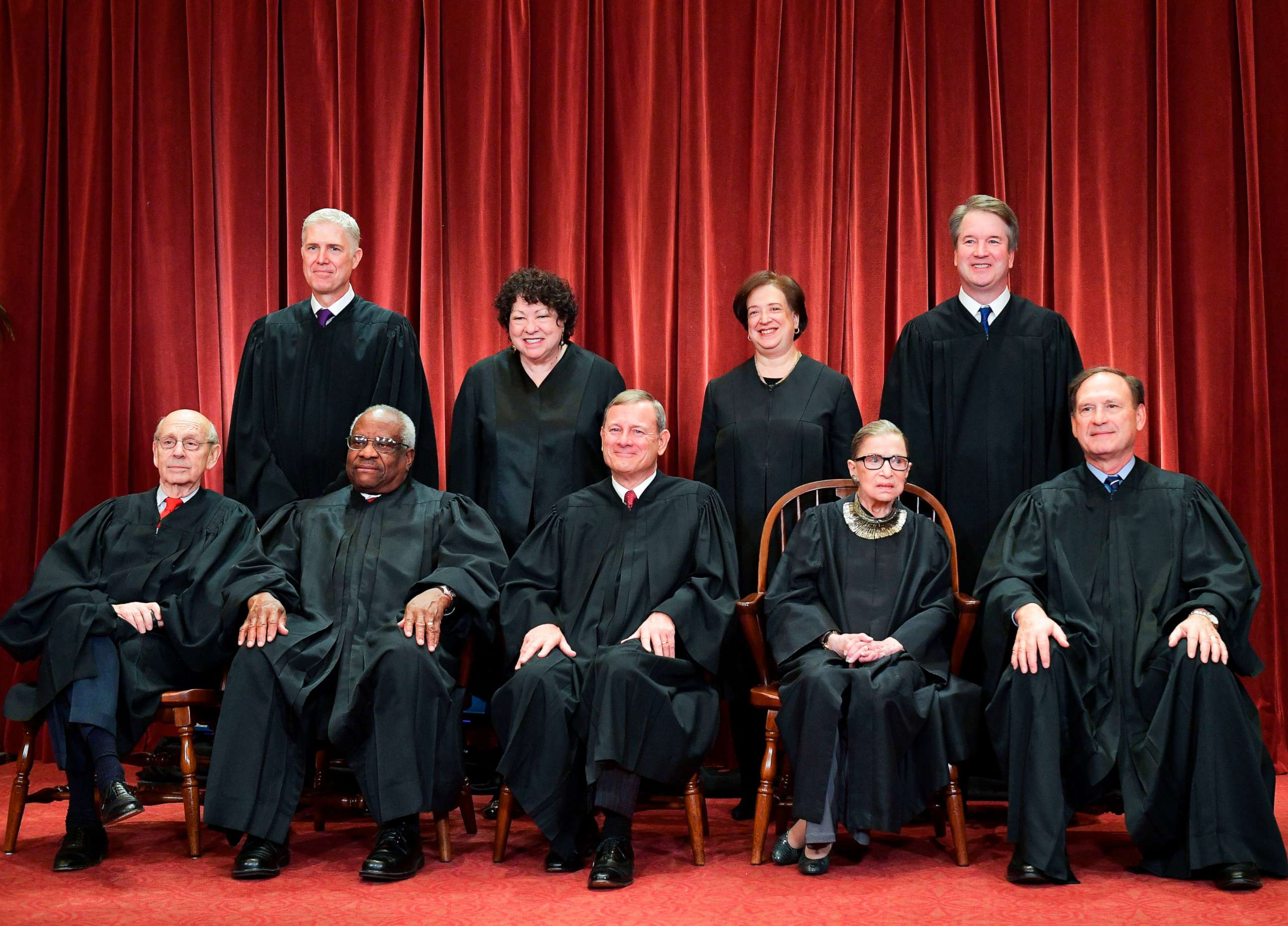
“On behalf of the Court and retired Justices, I am saddened to report that our colleague Justice John Paul Stevens has passed away. A son of the Midwest heartland and a veteran of World War II, Justice Stevens devoted his long life to public service, including 35 years on the Supreme Court. He brought to our bench an inimitable blend of kindness, humility, wisdom, and independence. His unrelenting commitment to justice has left us a better nation. We extend our deepest condolences to his children Elizabeth and Susan, and to his extended family," the statement read.
Despite being put on the bench by a Republican, Stevens became a hero to liberals voting to limit the use of the death penalty, uphold affirmative action, broaden the core holding of Roe v. Wade and argue for a strict separation of church and state.
But Stevens might be best known for his dissent in Bush v. Gore, the controversial Supreme Court decision that halted a recount of Florida ballots and cleared the way for George W. Bush to take the presidency.
"Although we may never know with complete certainty the identity of the winner of this year's presidential election, the identity of the loser is perfectly clear," Stevens wrote at the time. "It is the nation's confidence in the judge as the impartial guardian of the rule of law."
Stevens was active in legal and political discourse to the very end.
In May, he gave an interview to the Wall Street Journal, giving this assessment of our politics today: "I think there are things we should be concerned about, there’s no doubt about that,” he says, parrying requests for specifics. Eventually, he allows, “The president is exercising powers that do not really belong to him. I mean, he has to comply with subpoenas and things like that.”
Stevens also penned an op-ed published in The New York Times in March 2018 calling for action to end gun violence. Stevens called for a repeal of the Second Amendment to the Constitution in order to weaken the National Rifle Association’s ability to "stymie legislative debate and block constructive gun control legislation."
President Donald Trump dismissed Stevens' call to repeal the Second Amendment. "The second amendment will never be repealed," Trump tweeted at the time. "As much as Democrats would like to see this happen, and despite the words yesterday of former Supreme Court Justice Stevens."
Speaking at Washington University School of Law in 2016, Stevens was asked what about his legacy. His reply: "I did the best I could."
Earlier this year he released his third book - an autobiography - "The Making of a Justice, Reflections on My First 94 Years."
Reflecting in the book on the 2000 Bush v Gore decision, he writes, “I remain of the view that the Court has not fully recovered from the damage it inflicted on itself."
Stevens was known as a keen tactician on the court. Because he was the senior justice on the liberal side of the bench, he had the authority to assign cases when the chief justice was voting on the other side.
Stevens used this authority strategically, sometimes assigning himself the big decisions, but other times working with an undecided justice hoping to bring him or her to his side of the argument.
He once told law professor Jeffrey Rosen, "In all candor, if you think somebody might not be solid...it might be wiser to let that person write the opinion."
Stevens' rise to the High Court
Shortly after graduating from the University of Chicago in 1941, Stevens joined the Navy and served as a code-breaker in WWII, for which he was awarded a bronze star.
After the war, Stevens attended Northwestern Law School with funds from the G.I. Bill, after which he served as law clerk to Justice Wiley Rutledge of the Supreme Court during the 1947 term, the court said in a statement.
Stevens was admitted to practice law in Illinois in 1949.
From 1970-1975, Stevens served as a judge in the U.S. Court of Appeals for the Seventh Circuit.
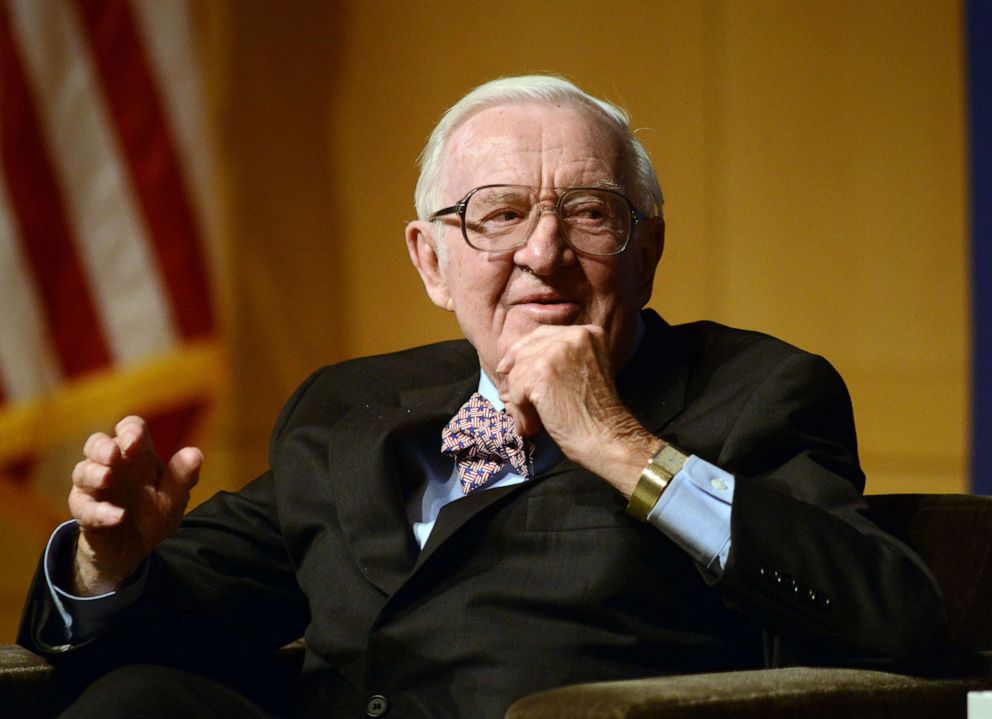
Upon his retirement from the Supreme Court in April 2010, then-President Barack Obama hailed Stevens as an "impartial guardian of the law."
"Justice Stevens has courageously served his country from the moment he enlisted the day before Pearl Harbor to his long and distinguished tenure on the Supreme Court," the president said. "During that tenure he has stood as an impartial guardian of the law. He's worn the judicial robe with honor and humility. He has applied the Constitution and the laws of the land with fidelity and restraint."
Stevens on the issues
Abortion: Stevens was not yet on the court when Roe v. Wade, the opinion that legalized abortion, was decided, but he later voted to reaffirm its core holding in Casey v. Pennsylvania.
Affirmative Action: In 2003, he voted to uphold the admissions policy of the University of Michigan Law School which took race into consideration in its admissions process. Stevens told an audience at Fordham College in 2006, "With respect to the constitutionality of affirmative action, we have learned that justifications based on past sins may be less persuasive than those predicated on anticipated future benefits."
Death Penalty: During his career on the high court, Stevens came full circle on the issue of the death penalty. In 1976, he voted to reinstate the use of the death penalty but 32 years later, he dropped a bombshell: he had come to believe the death penalty was unconstitutional.
In Baze v. Rees (2008) he wrote: "I have relied on my own experience in reaching the conclusion that the imposition of the death penalty represents the pointless and needless extinction of life with only marginal contributions to any discernible social or public purposes."
Before this revelation, he wrote Atkins v. Virginia (2002), which ended the death penalty for mentally retarded criminals, and voted to strike down the death penalty for juvenile offenders.
Campaign Finance: Stevens authored a withering dissent in Citizens United v. Federal Election Commission, a 5-4 decision that invalidated decades old federal legislation restricting corporate spending in poltical campaigns.Stevens read his dissent from the bench shredding the majority's reasoning, saying "at bottom, the Court's opinion is thus a rejection of the common sense of the American people, who have recognized a need to prevent corporations from undermining self government since the founding, and who have fought against the distinctive corrupting potential of corporate electioneering since the days of Theodore Roosevelt."
Gay rights: In 2003, Stevens assigned Justice Anthony Kennedy to write Lawrence v. Taylor, the landmark gay rights case striking down a criminal ban on gay consensual sex. In his opinion, Kennedy relied heavily on a dissent Stevens had written years earlier in an opinion upholding an anti-gay law.
Internet: In Sony v. Universal Studios, he wrote the decision that found consumers do not violate federal copyright law when they tape TV programs with their video cassette recorders.
Flag Burning: Stevens didn't always express a liberal view in his opinions. In 1989, Stevens, who won a Bronze Star in World War II, wrote a strong dissent in a decision that upheld a protester's right to burn the American flag. Stevens said, "Sanctioning the public desecration of the flag will tarnish its value -- both for those who cherish the ideas for which it waves and for those who desire to don the robes of martyrdom by burning it."
National Security: In Rasul v. Bush, Stevens struck a blow to the Bush administration's take on executive power when he said that federal courts have the jurisdiction to hear challenges to foreign nationals being held in Guantanamo Bay. "In national security cases under the second Bush administration, Guantanamo-type cases, he was very strong in ruling against what he said were excessive uses of presidential power and in expanding judicial power in the national security area," said National Journal columnist Stuart Taylor.
Stevens: A Judicial Conservative?
In the few interviews the justice has granted over the years, he has steadfastly maintained that he is a judicial conservative, despite his liberal votes. He suggests that he hasn't changed, but the court became more conservative.
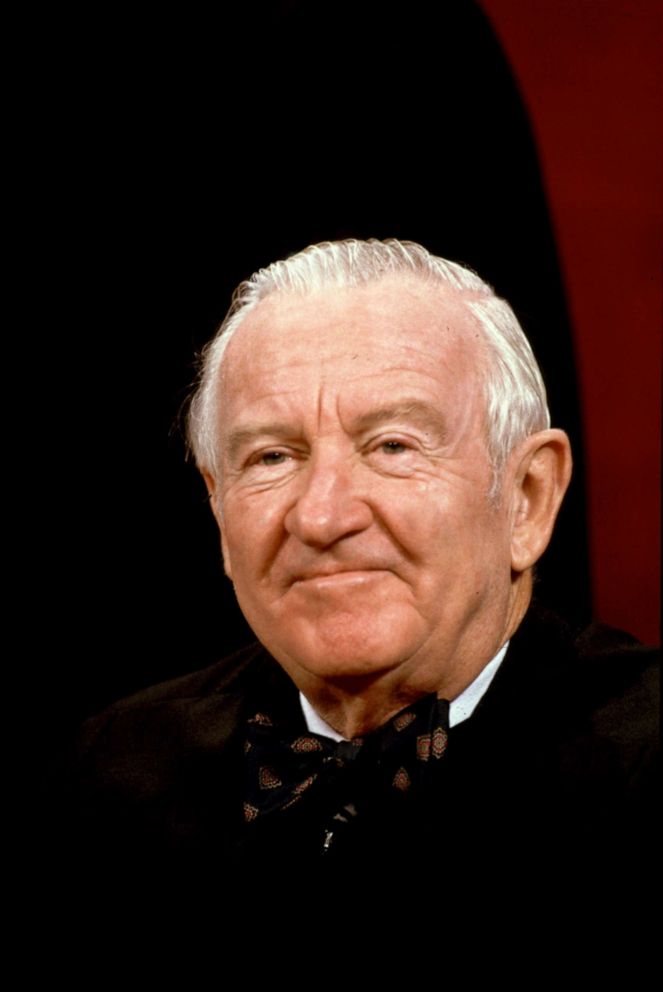
"I see myself as a conservative, to tell you the truth," he told ABC in 2007, just after the death of Gerald R. Ford, the president who nominated him.
In that interview, Stevens expressed his admiration for Ford, saying, "I have to tell you I was amazed to find how intelligent he was; right away, I realized I was talking to a very sound, good lawyer, which is kind of contrary to the image he portrayed to the press as sort of being a klutz or something. He was anything but. He was a charming, decent guy."
As for Ford, until his death, he maintained how proud he was of his decision to name Stevens to the court. In 2005, Ford sent a letter to the Fordham Law School which said, in part, that Stevens, "served his nation well, at all times carrying out his judicial duties with dignity, intellect and without partisan political concerns.
"Justice Stevens has made me, and our fellow citizens, proud of my three-decade-old decision to appoint him to the Supreme Court," Ford wrote. "For I am prepared to allow history’s judgment of my term in office to rest (if necessary, exclusively) on my nomination thirty years ago of Justice John Paul Stevens to the U.S. Supreme Court." Stevens has the letter framed in his chambers.
Stevens was born in Chicago in April 1920 to a wealthy South Side family. His father owned the famed Stevens Hotel, which is now the Chicago Hilton. He graduated from the University of Chicago in 1941 and then served as a Navy intelligence officer. He graduated from Northwestern University Law School in 1947.
Stevens was just a few years away from breaking the record for the longest serving member of the court held by William O. Douglas who stepped down after 36 years on the bench. But former Stevens clerks say their boss had no interest in breaking records.
Unlike most other justices, he wrote the first draft of his opinions himself, he continues to play tennis and commutes to his home in Florida. He told Joan Biskupic of USA Today that he was surprised at the frenzy of speculation over his retirement."That can't be news," he said in October, declining to reveal his plans. "I'm not exactly a kid."
Asked about his legacy in the 2007 interview with ABC, Stevens said he wanted to be remembered on the basis of the opinions he's written. "There's an awful lot of them. They'd have to pick and choose among them," he said. "But you leave -- you know, you leave your record on what you had to say over the years.
ABC News' Devin Dwyer, Kate Shaw and Terry Moran contributed to this report.
